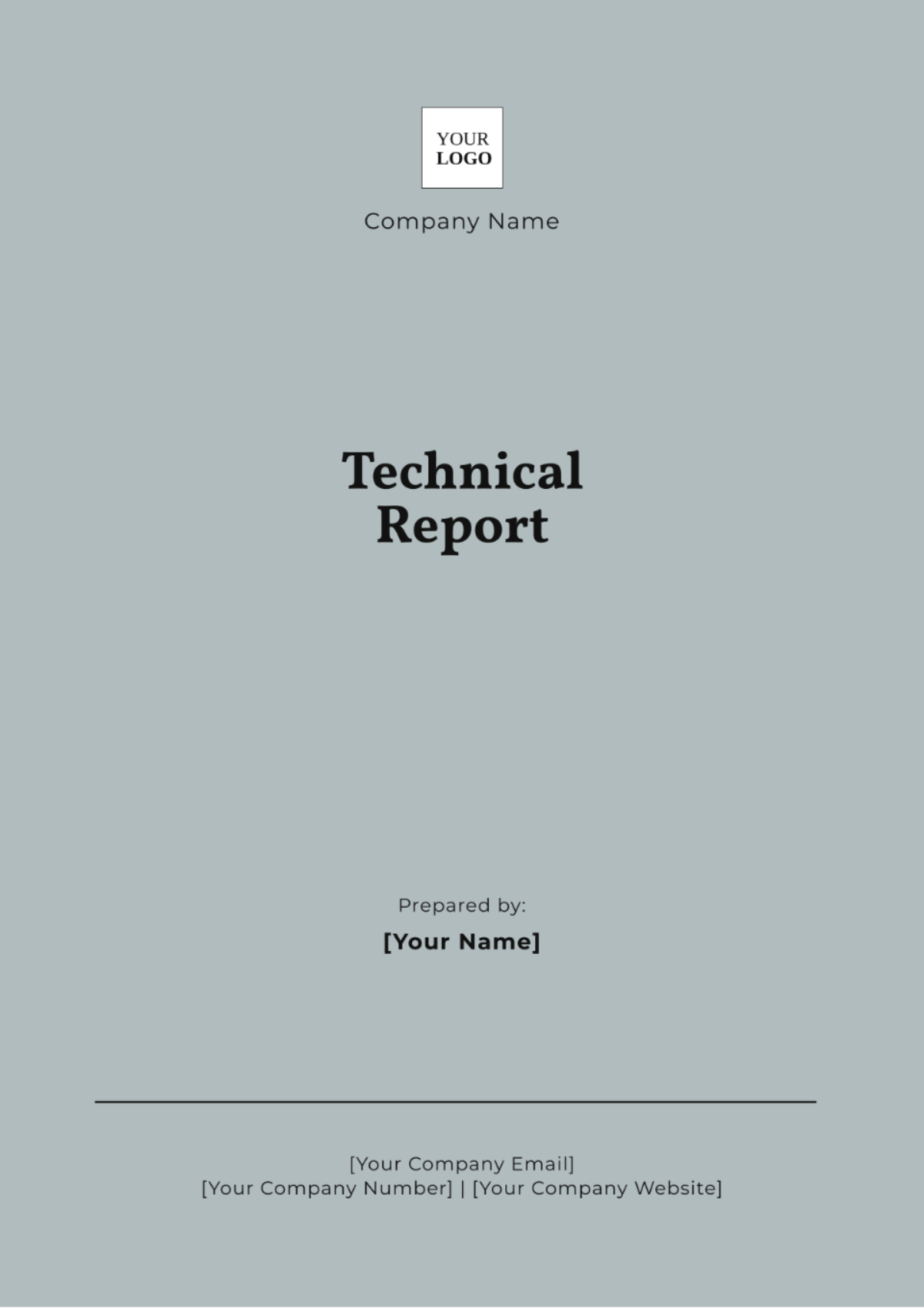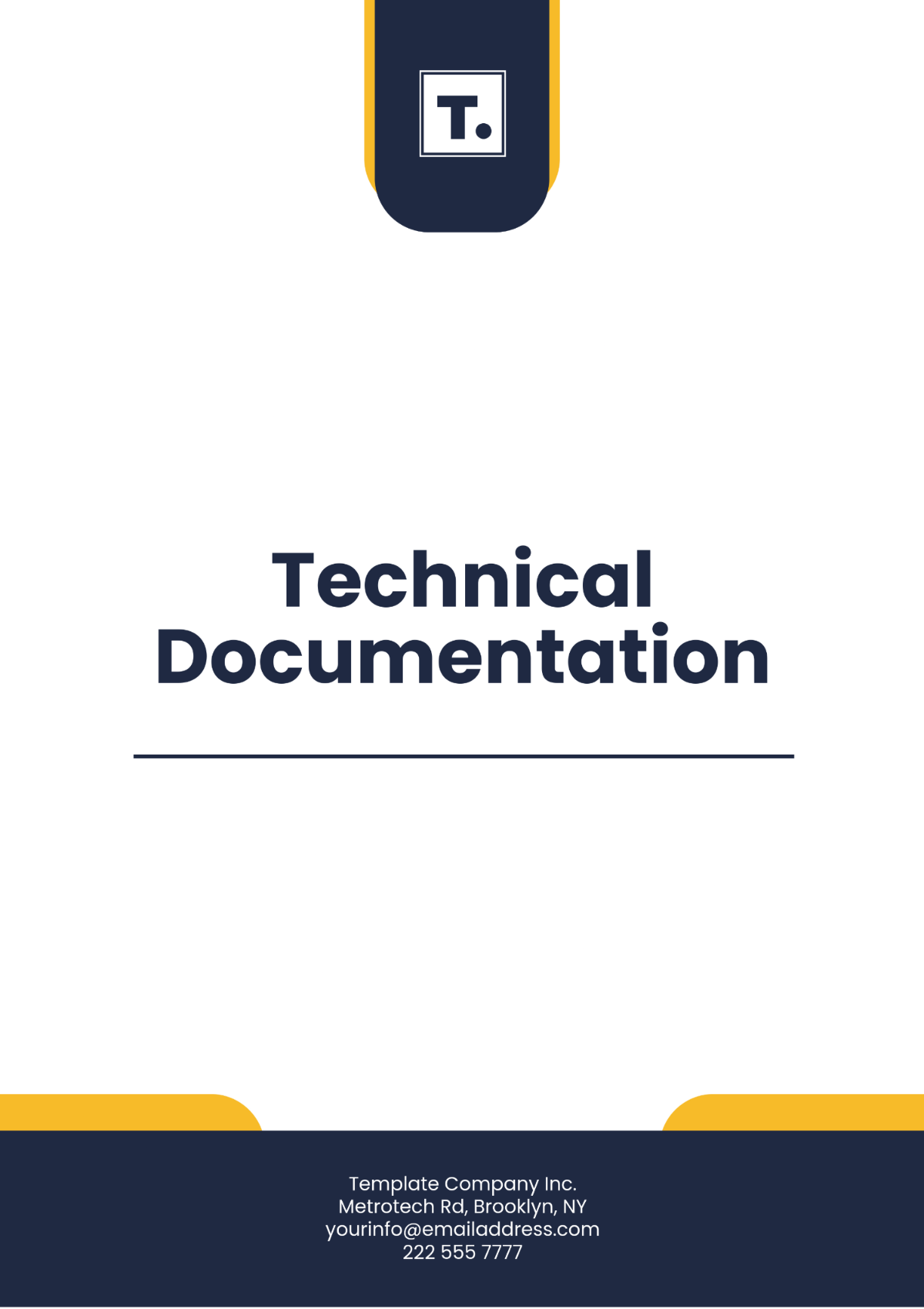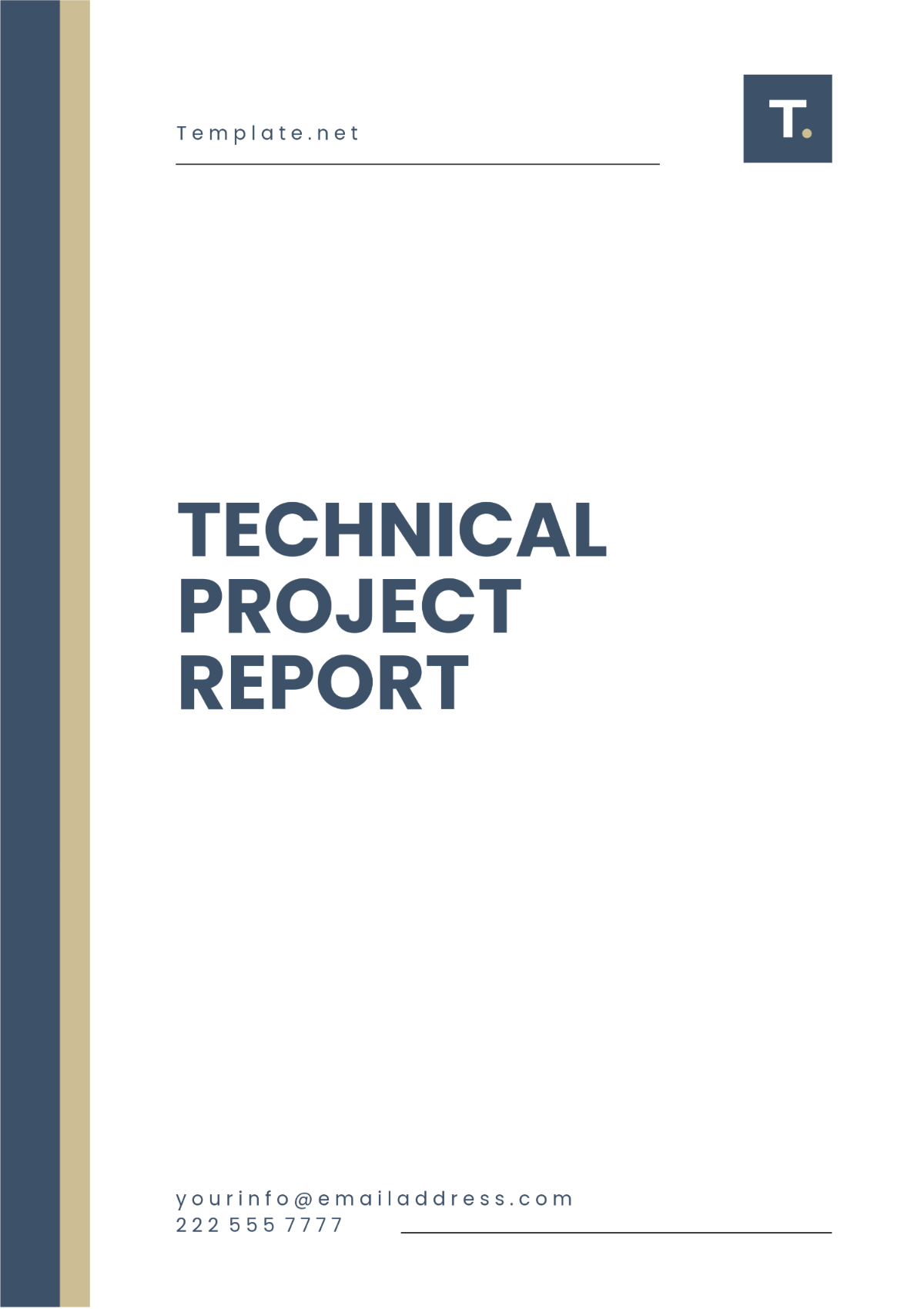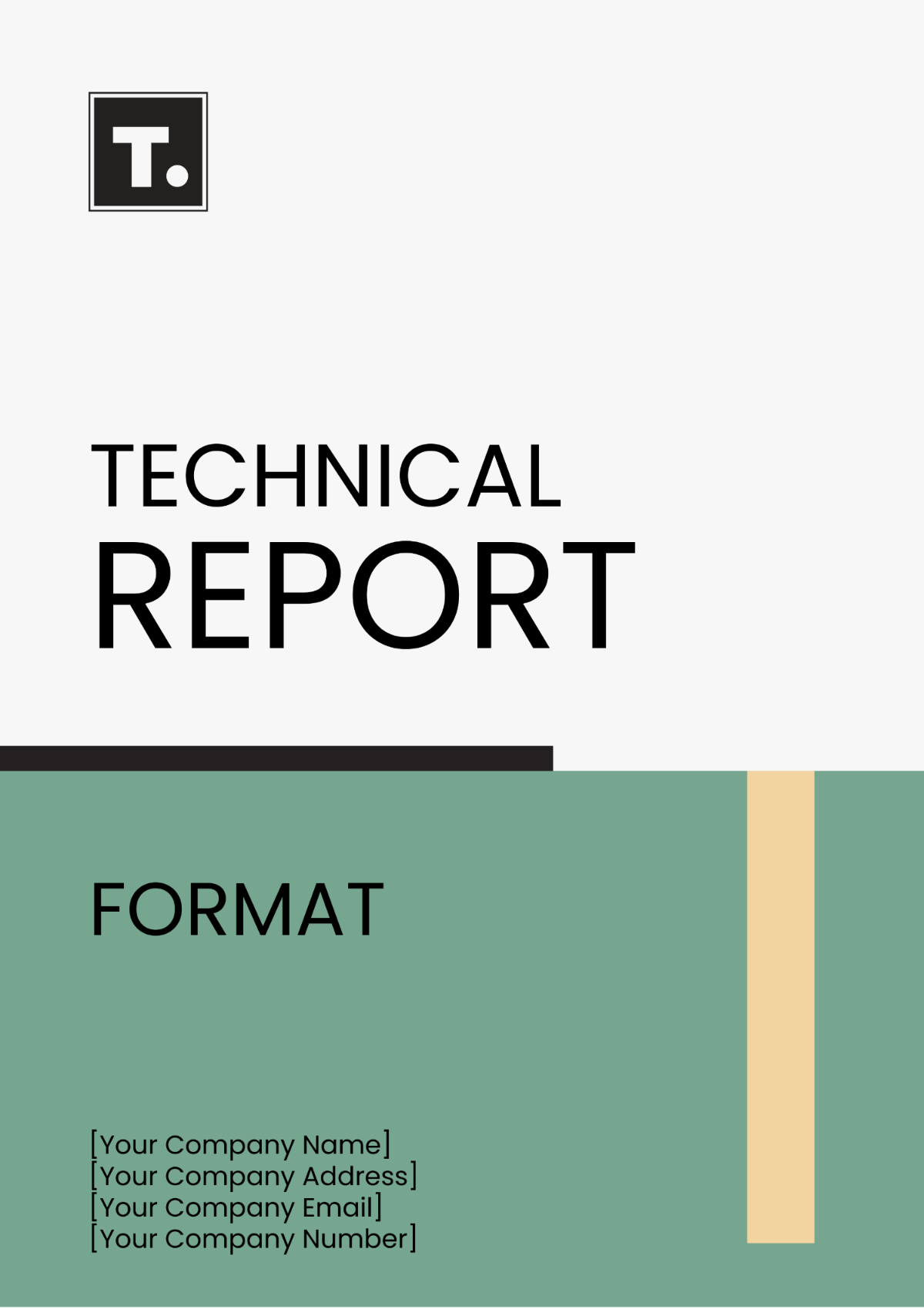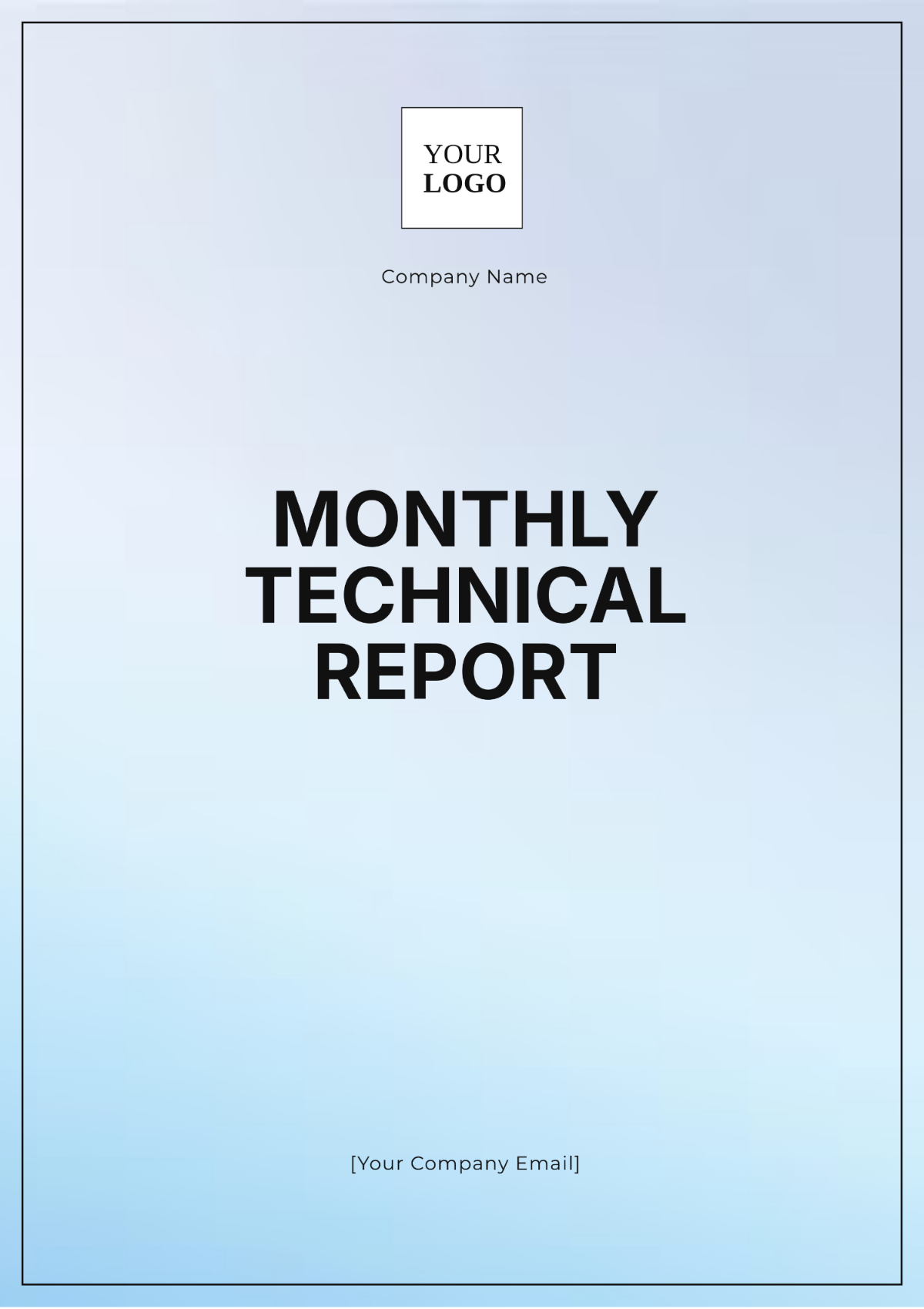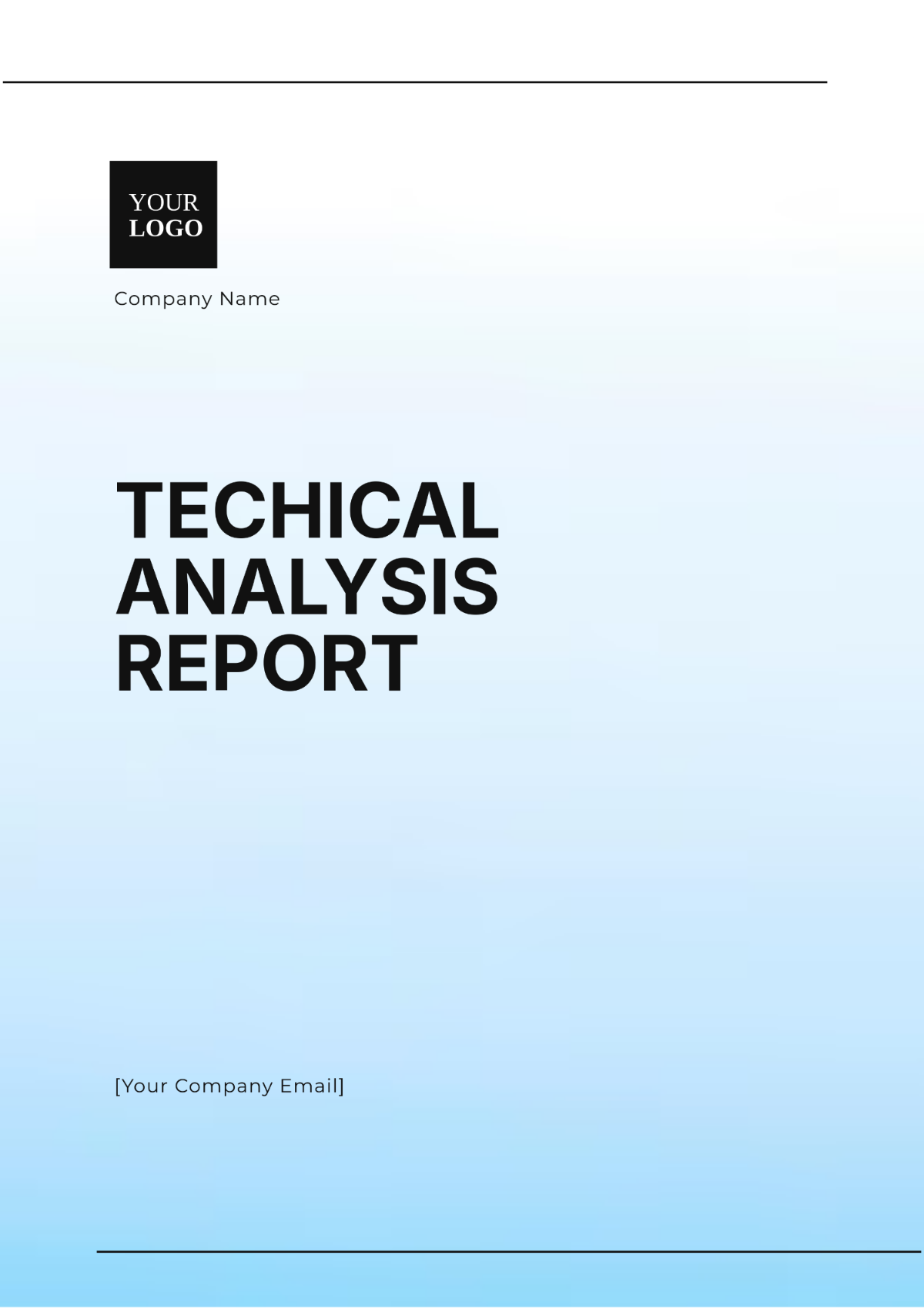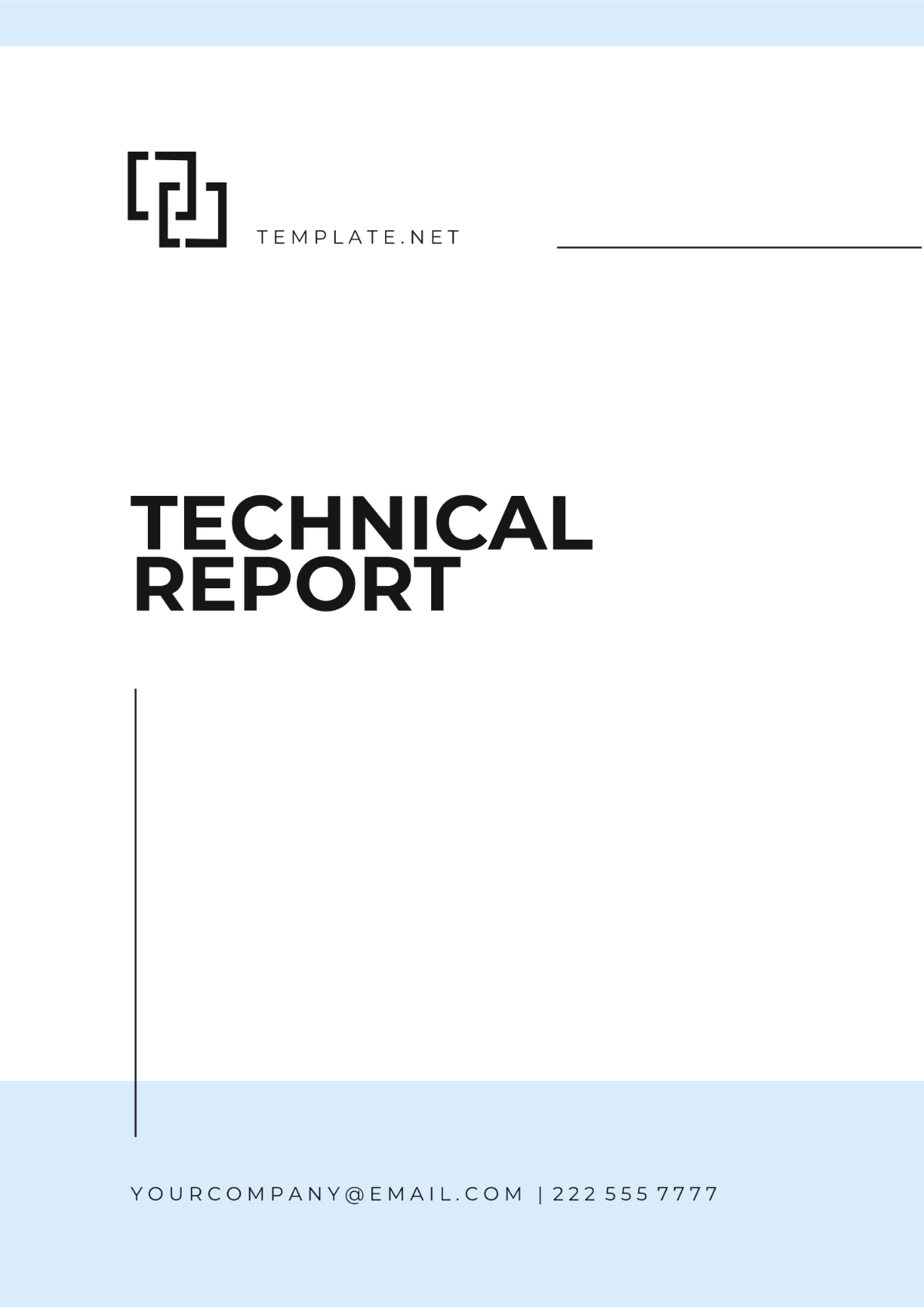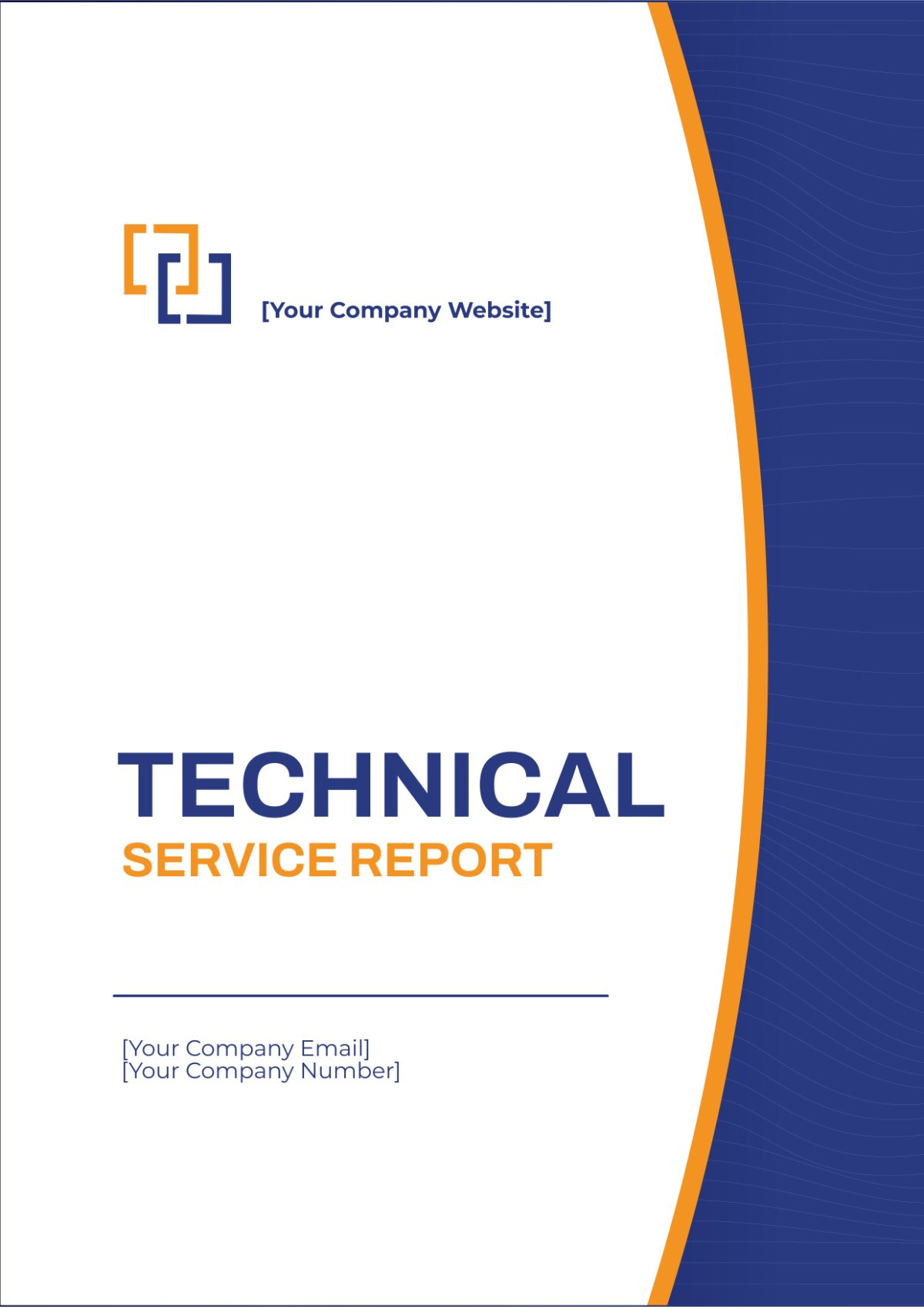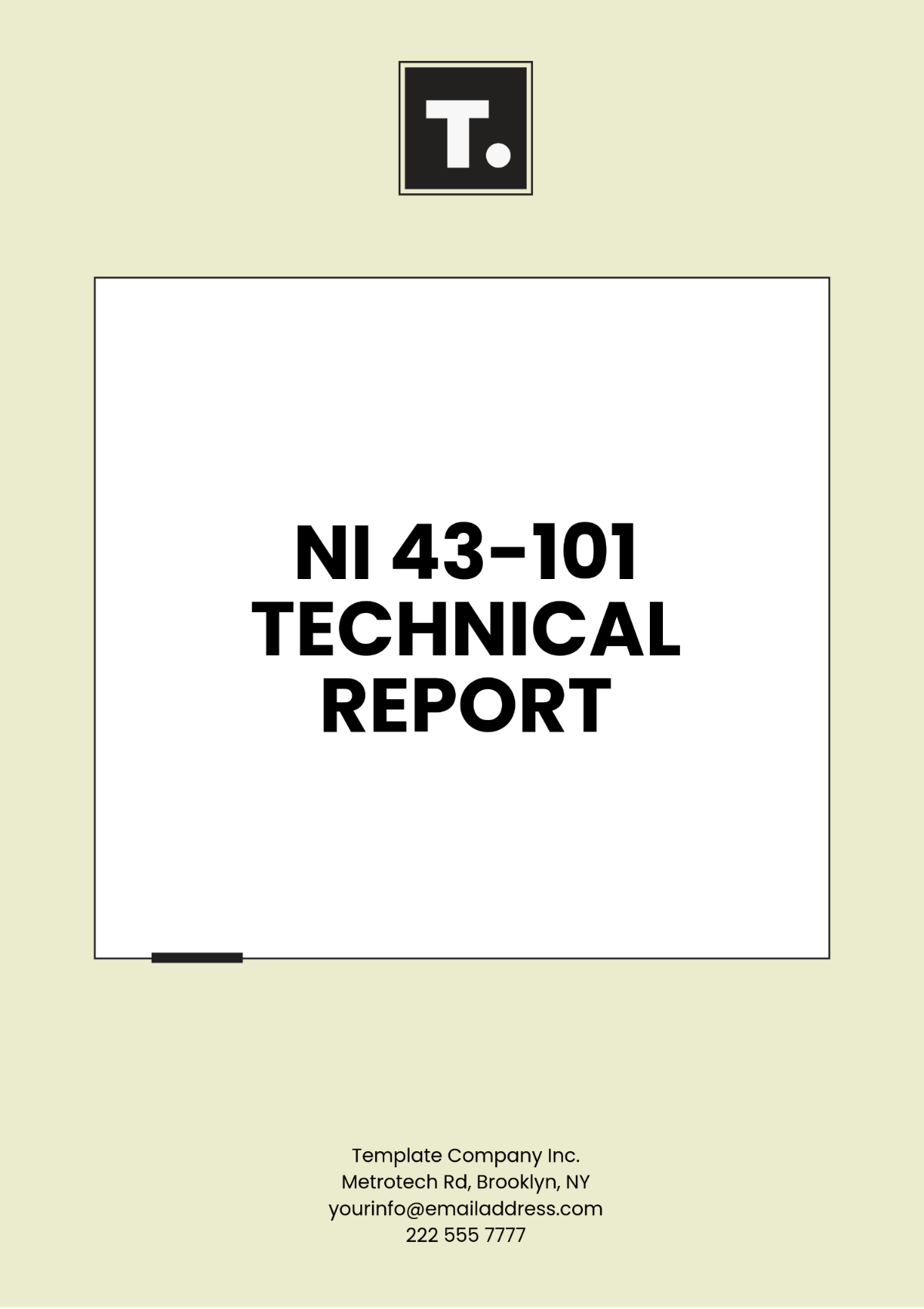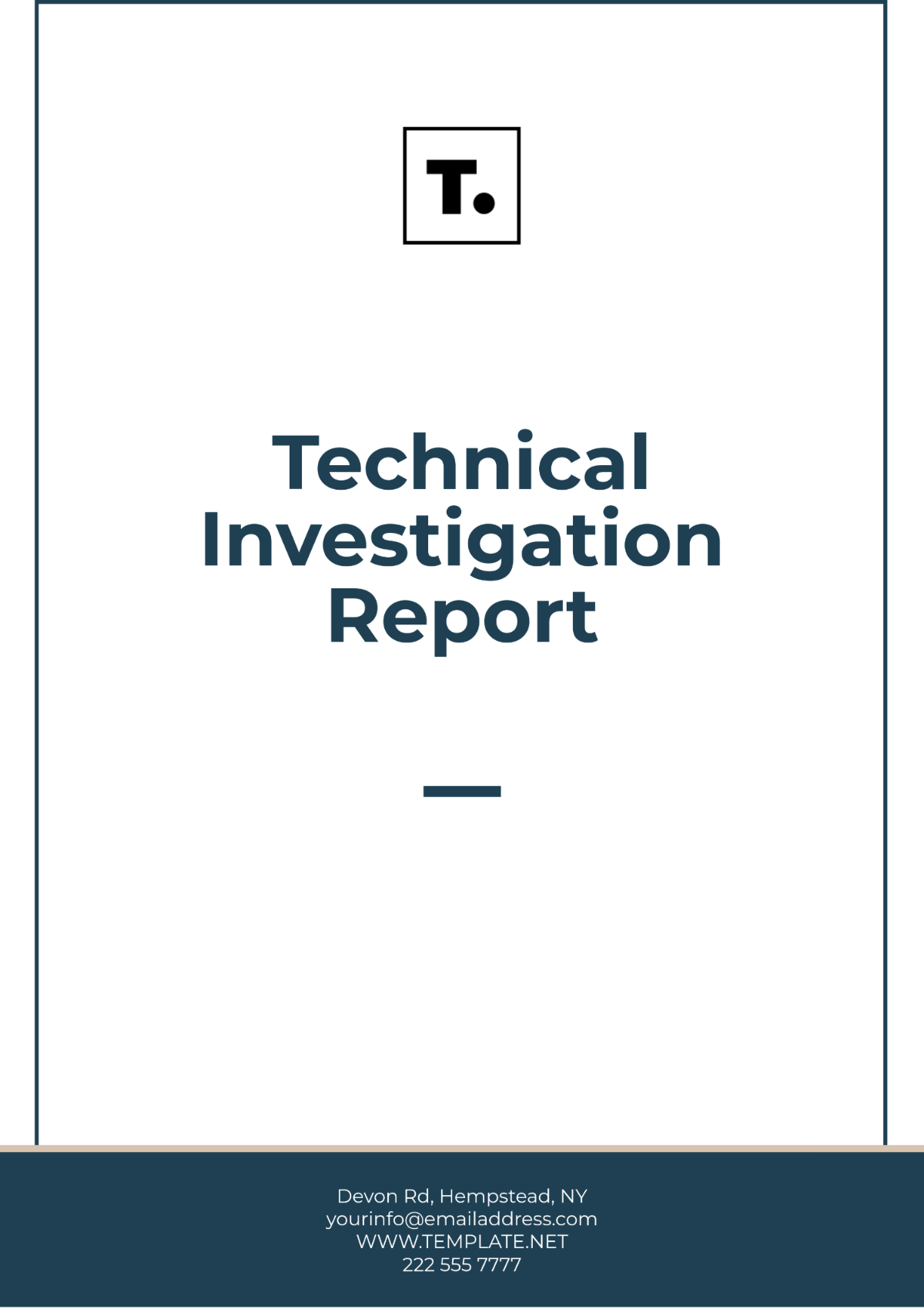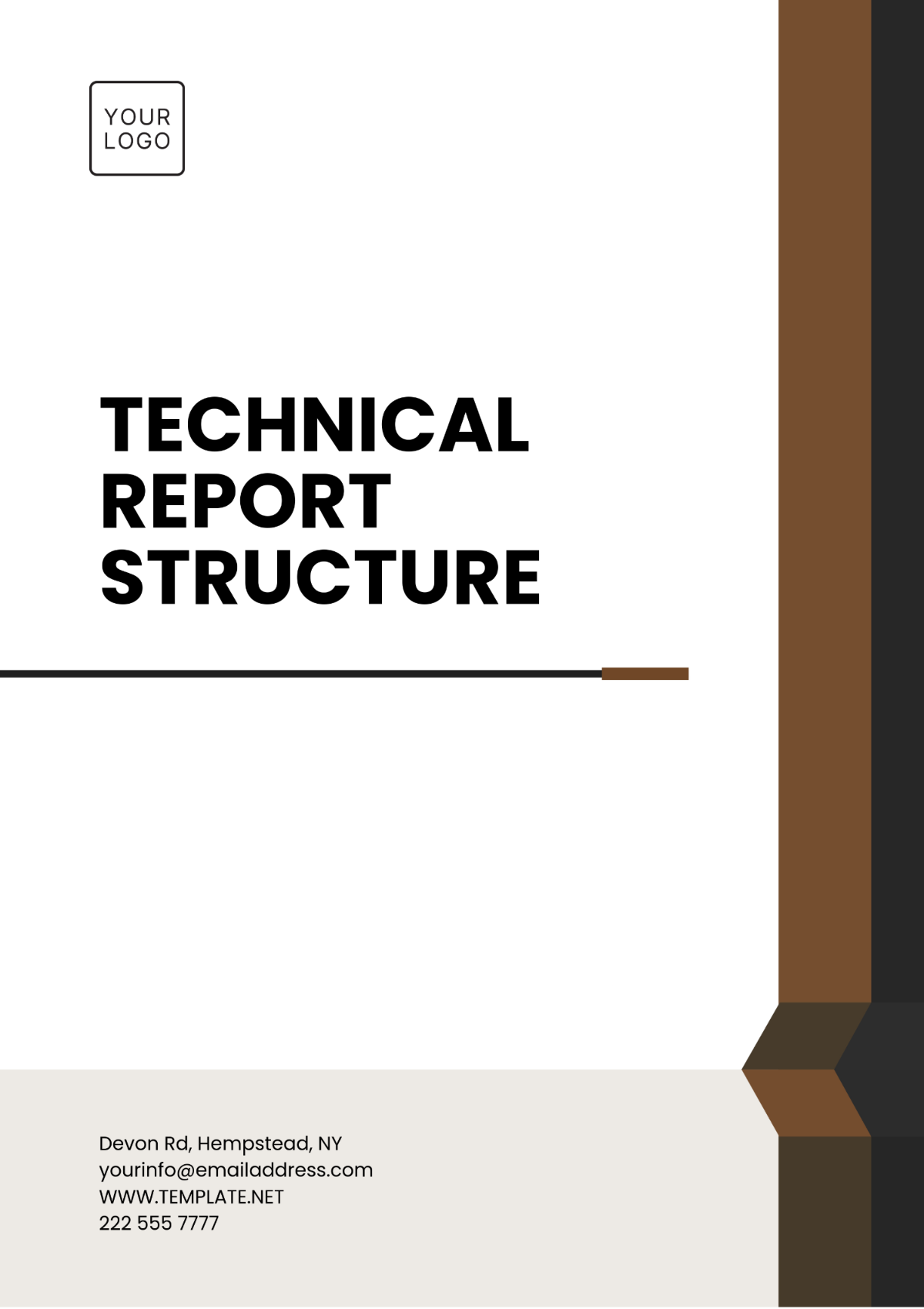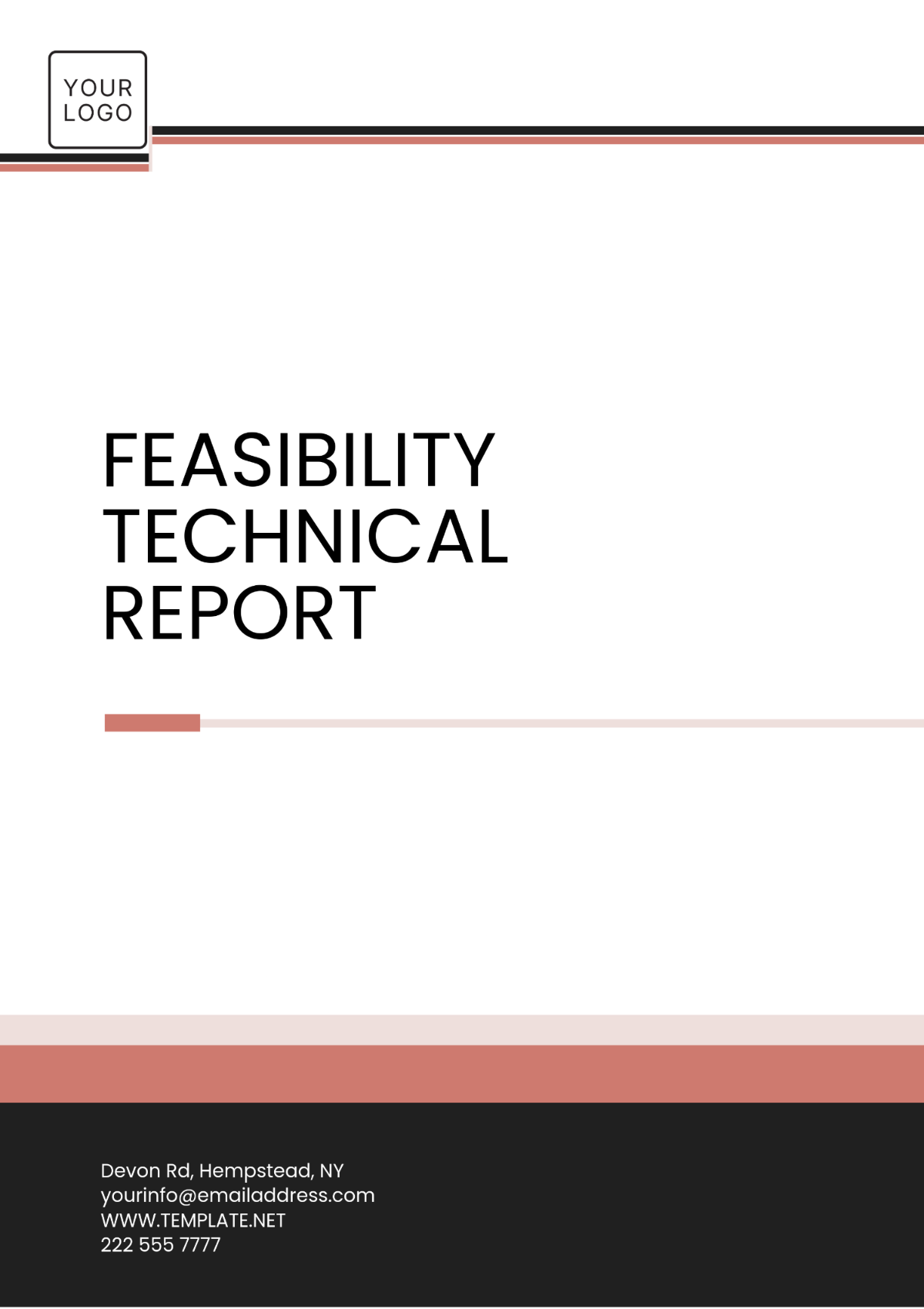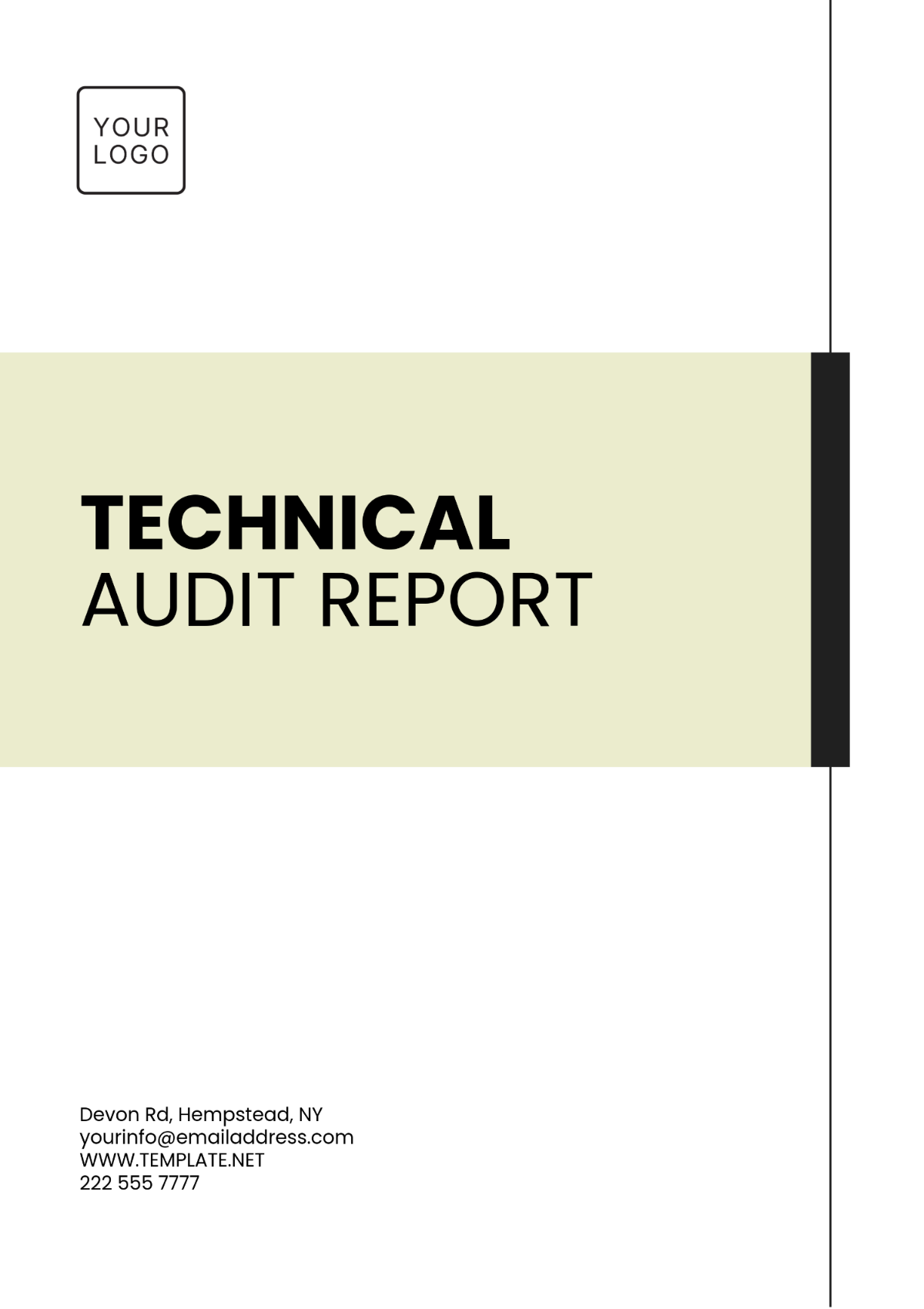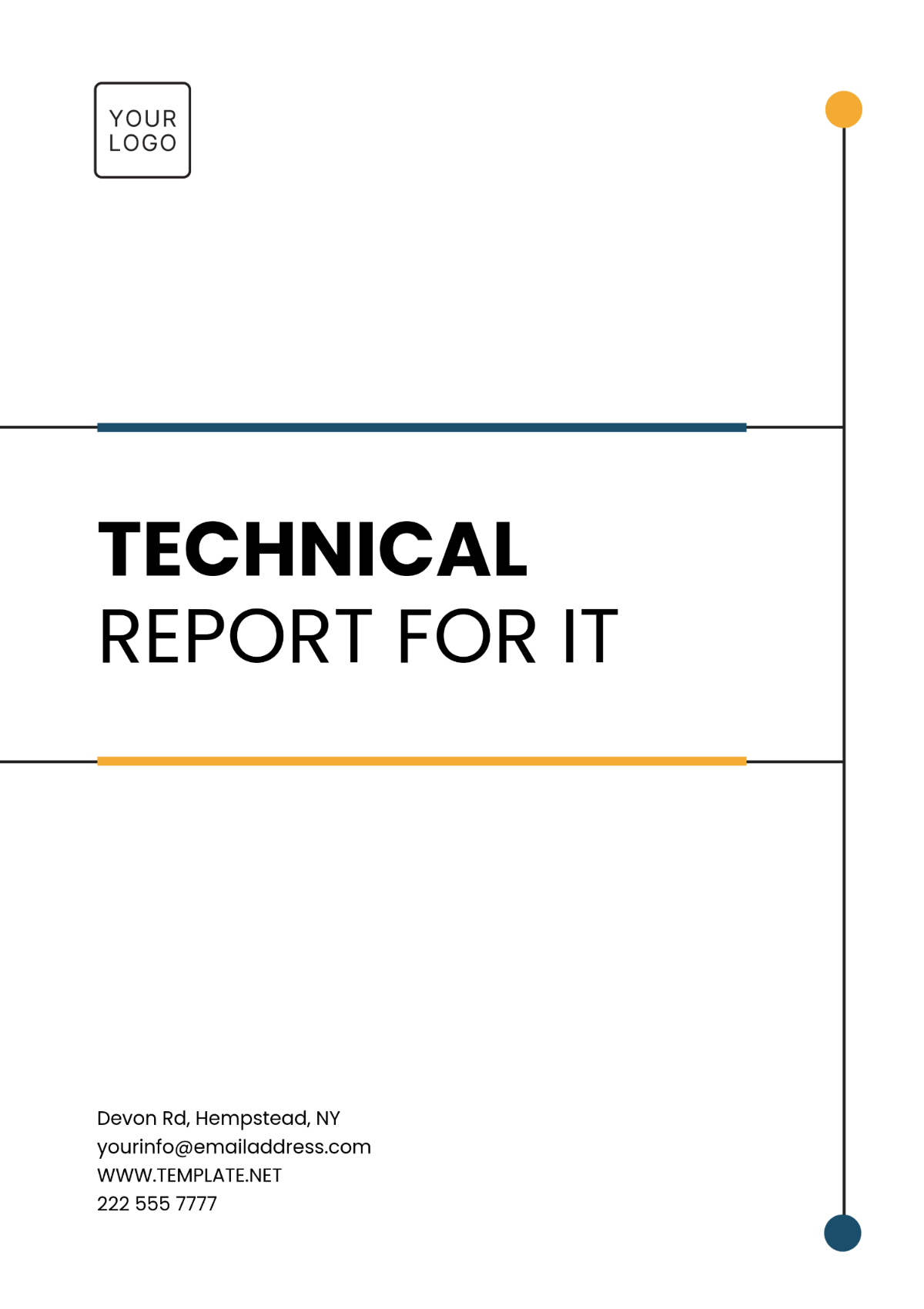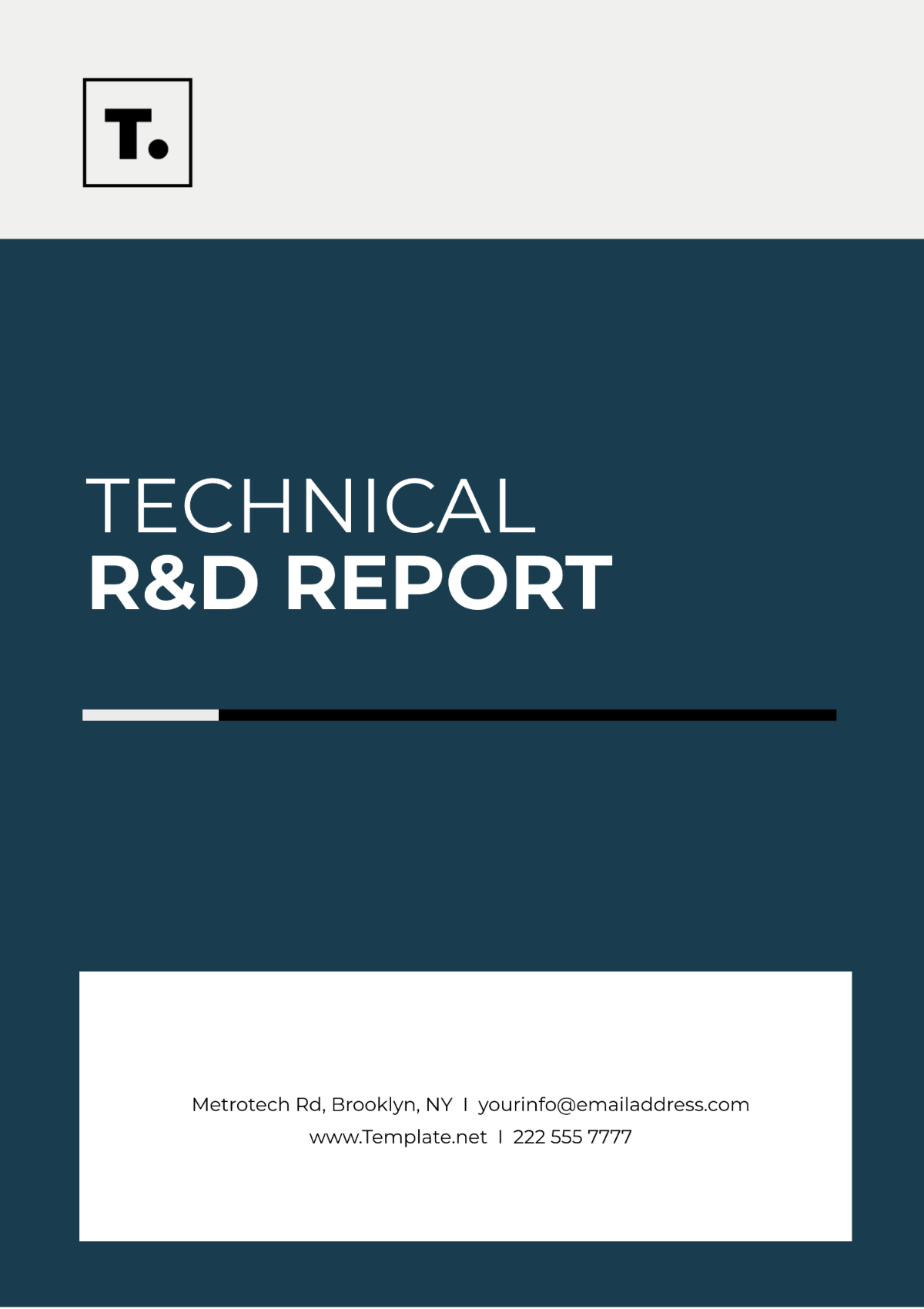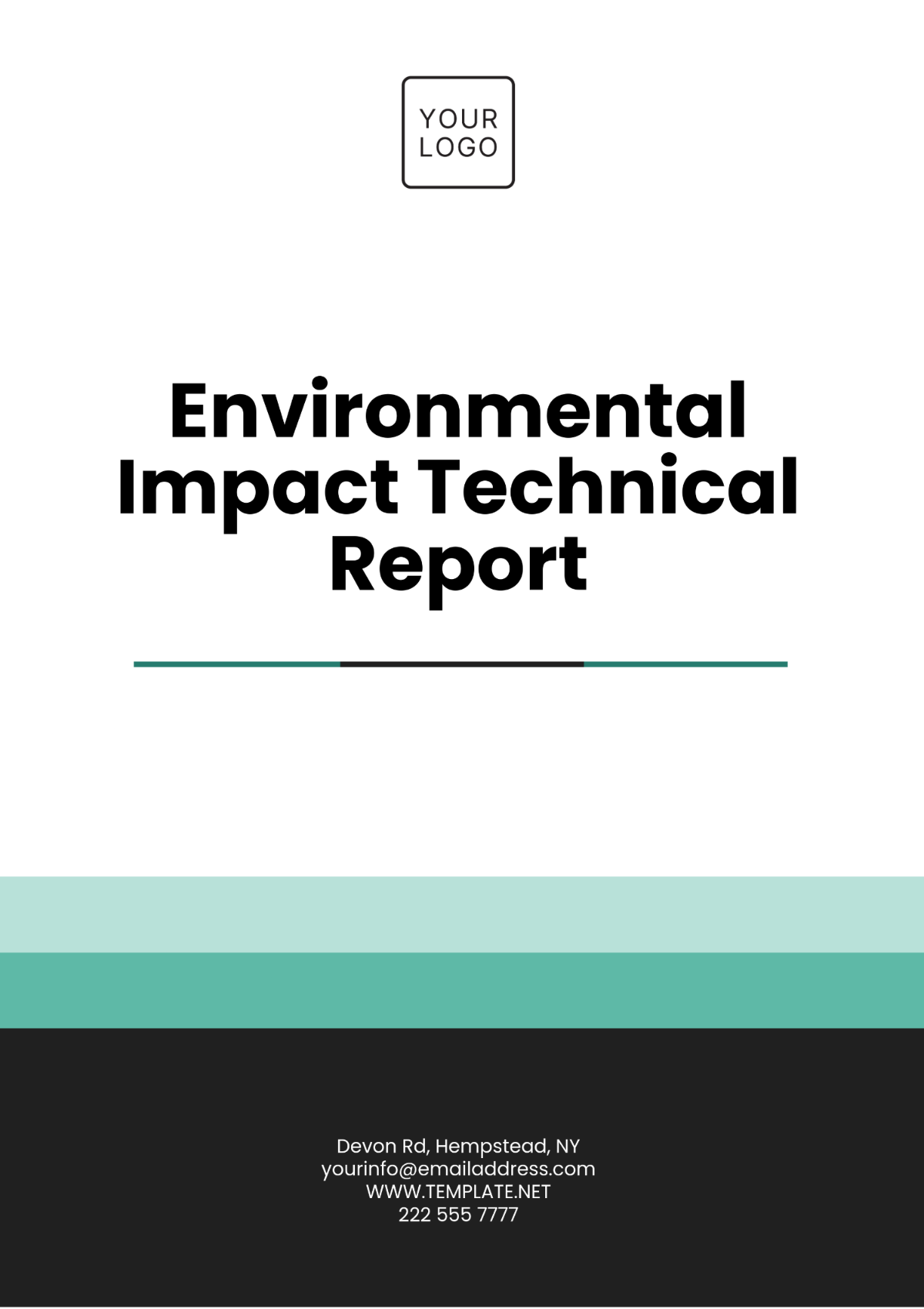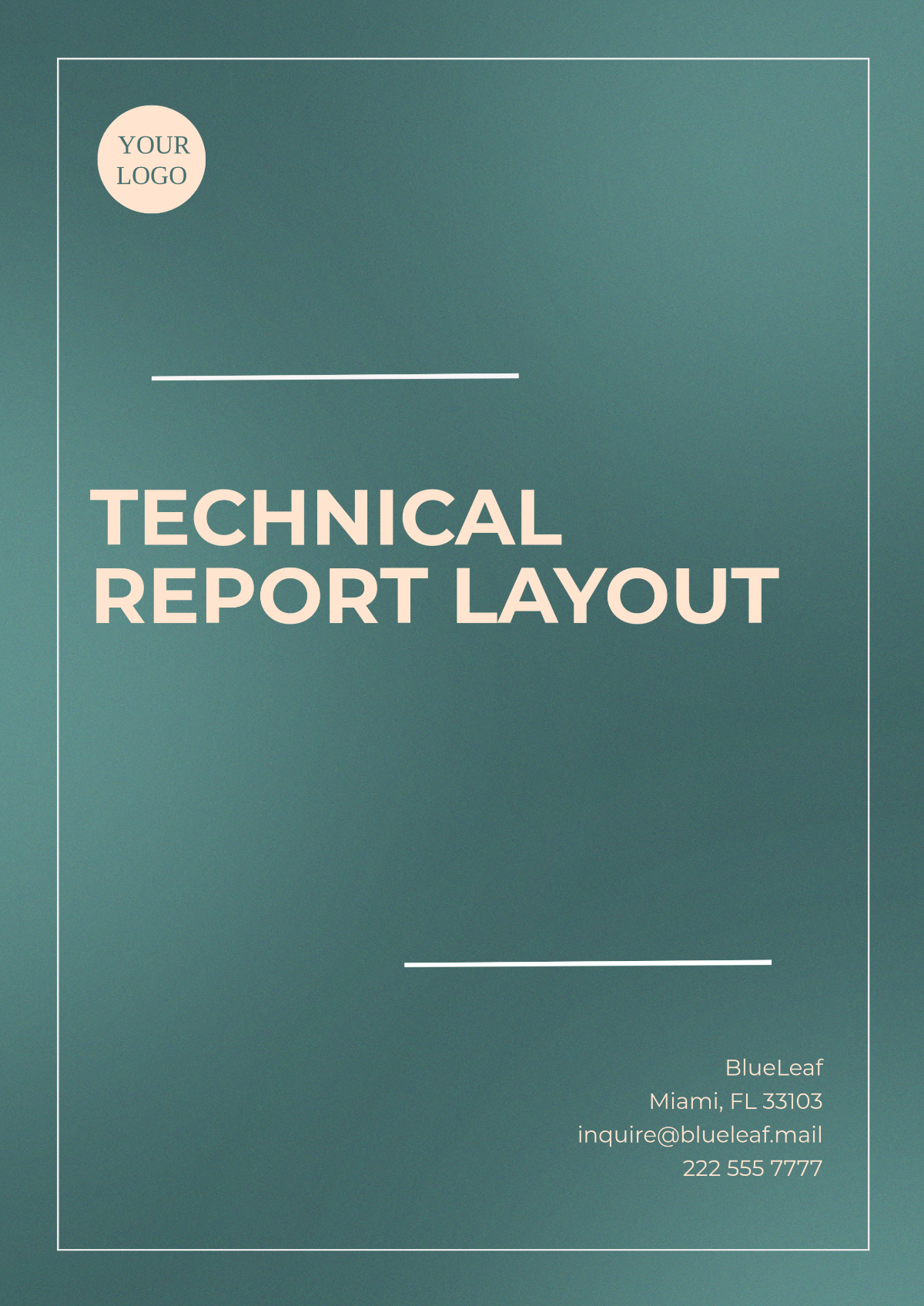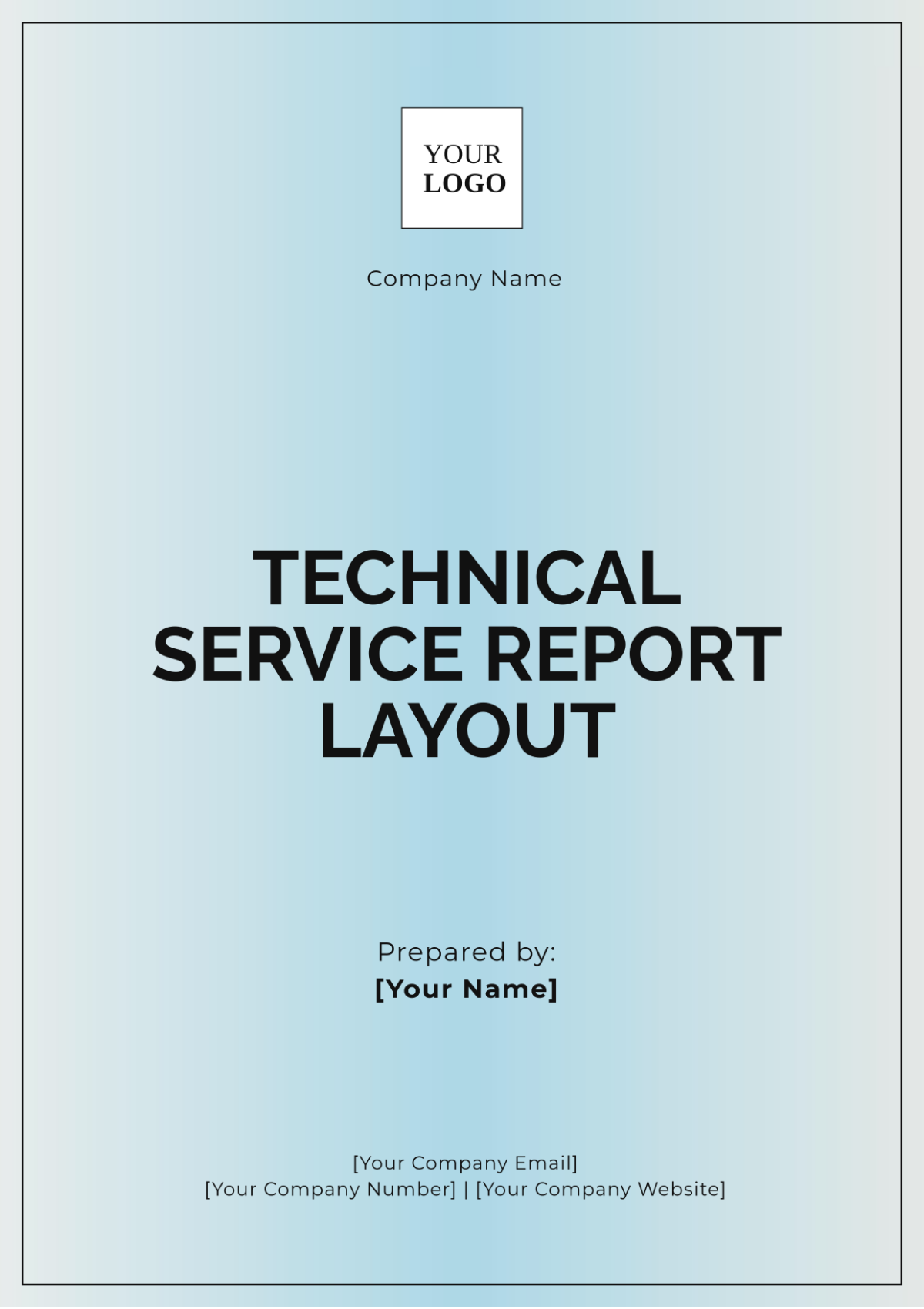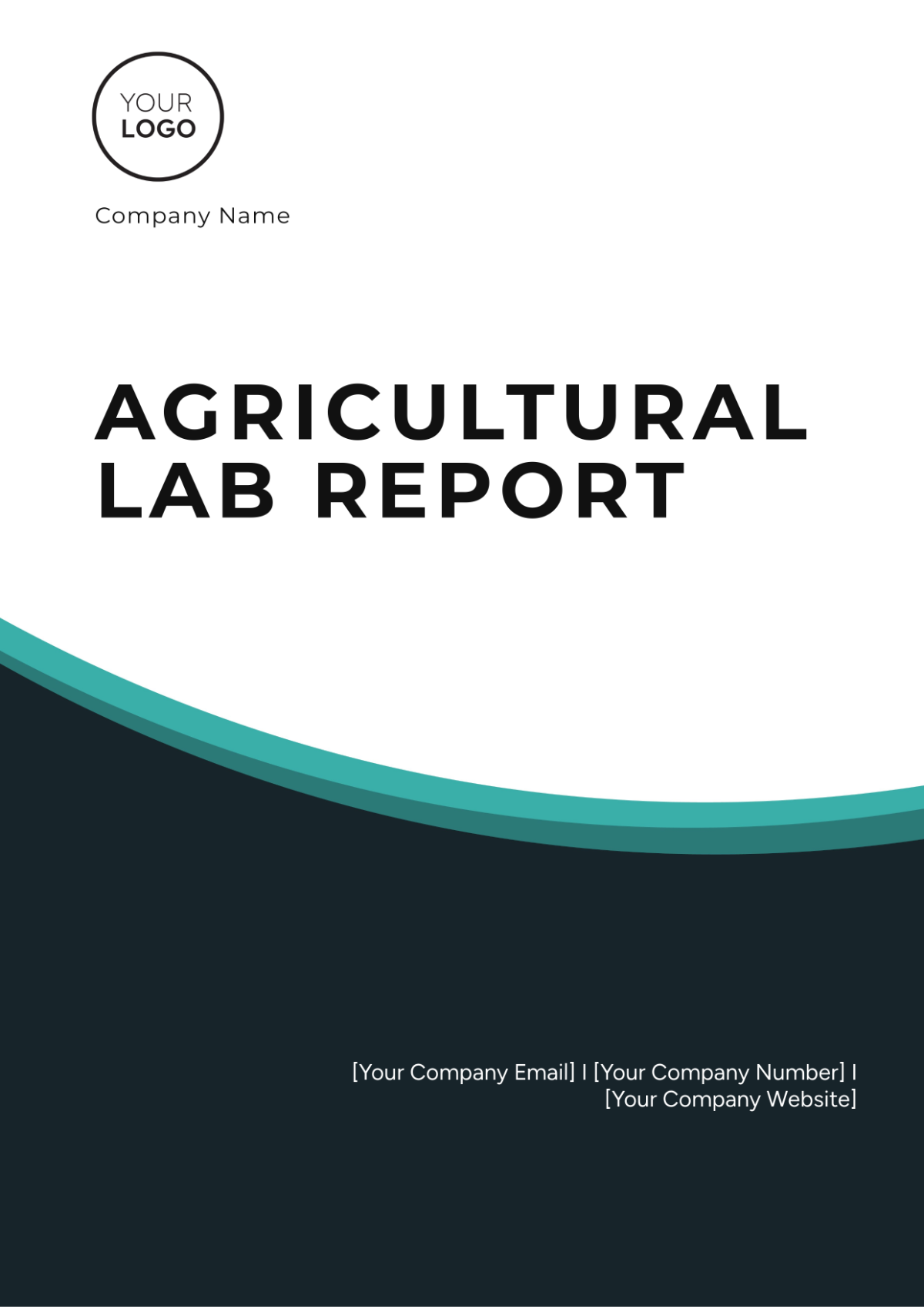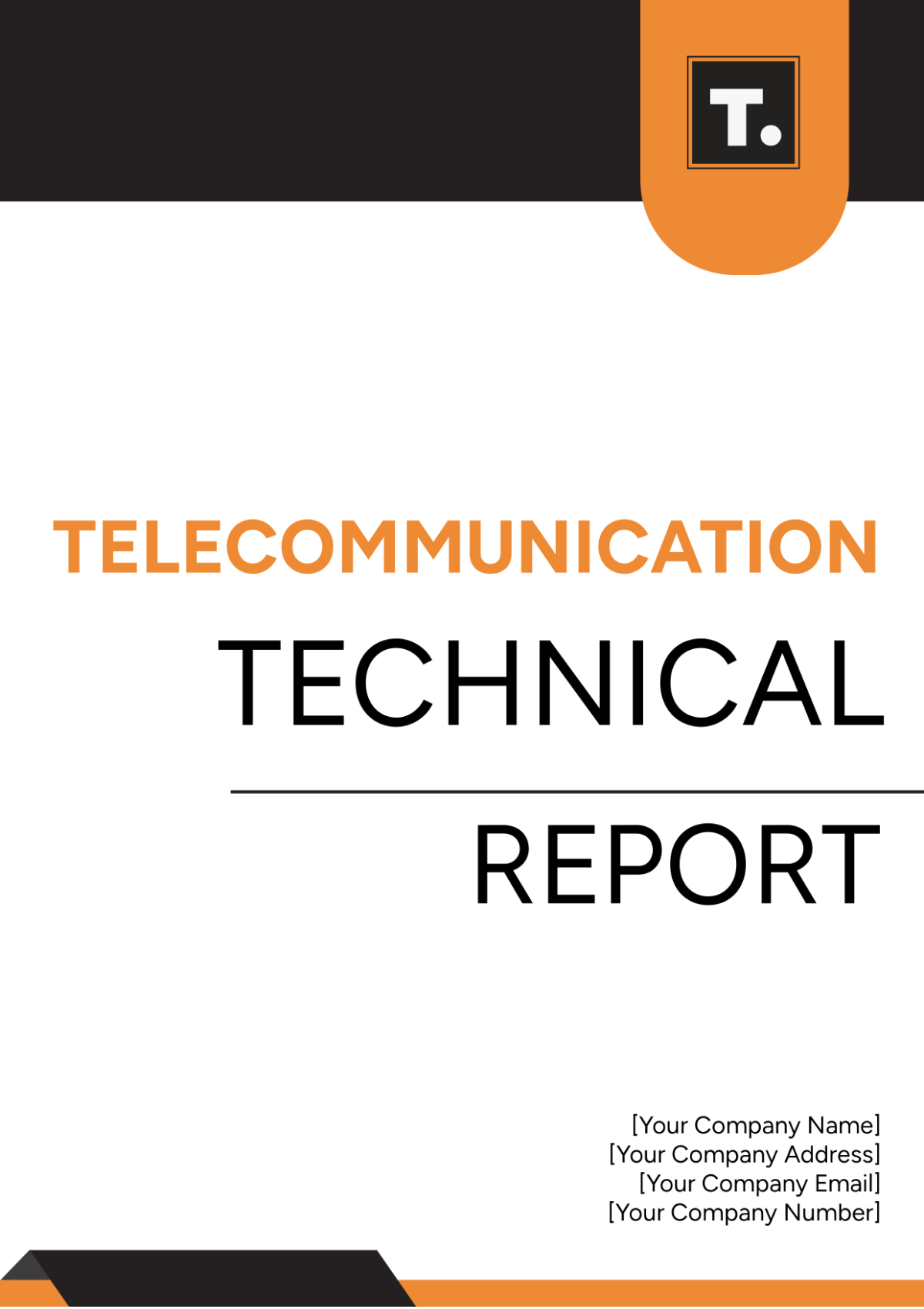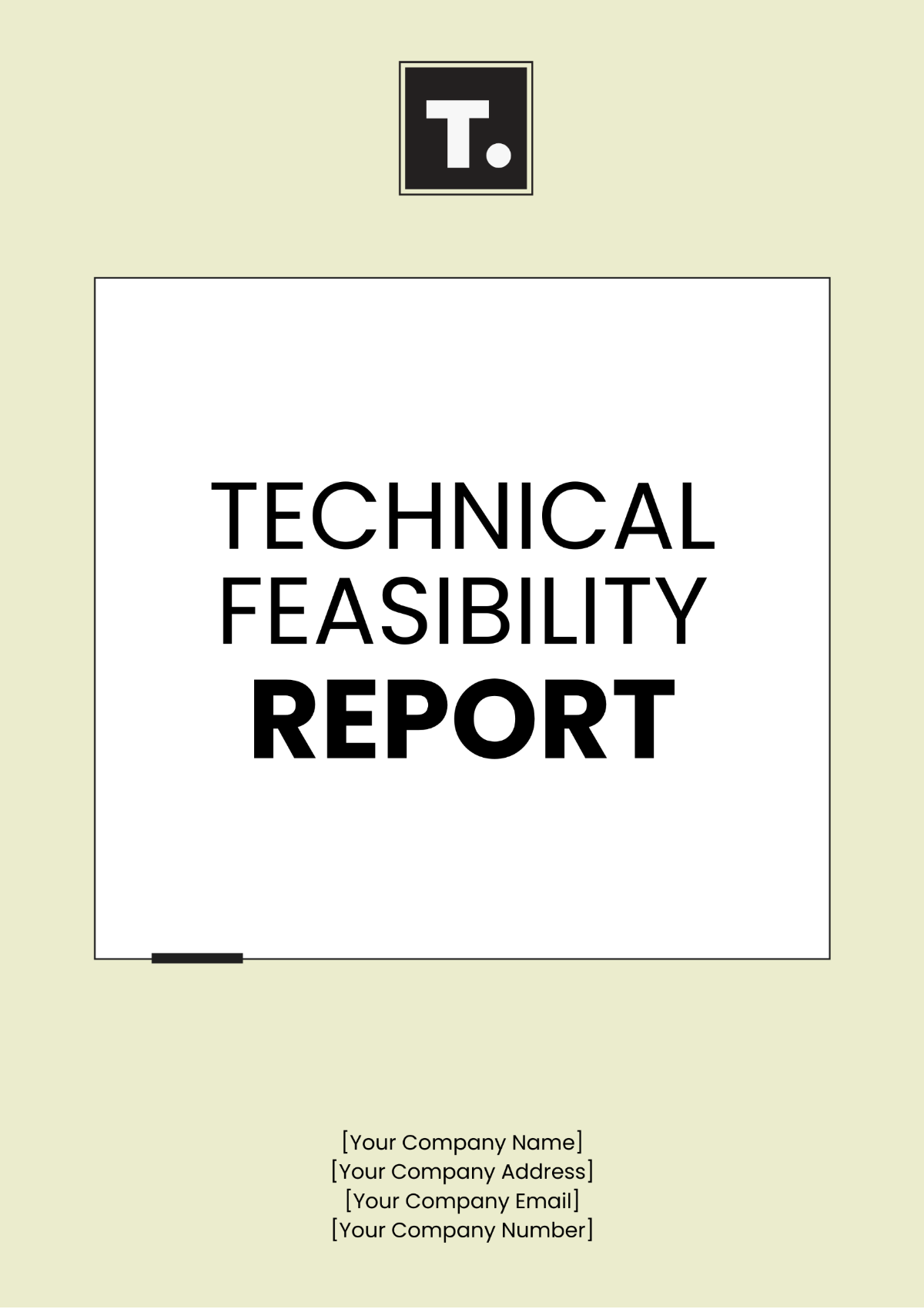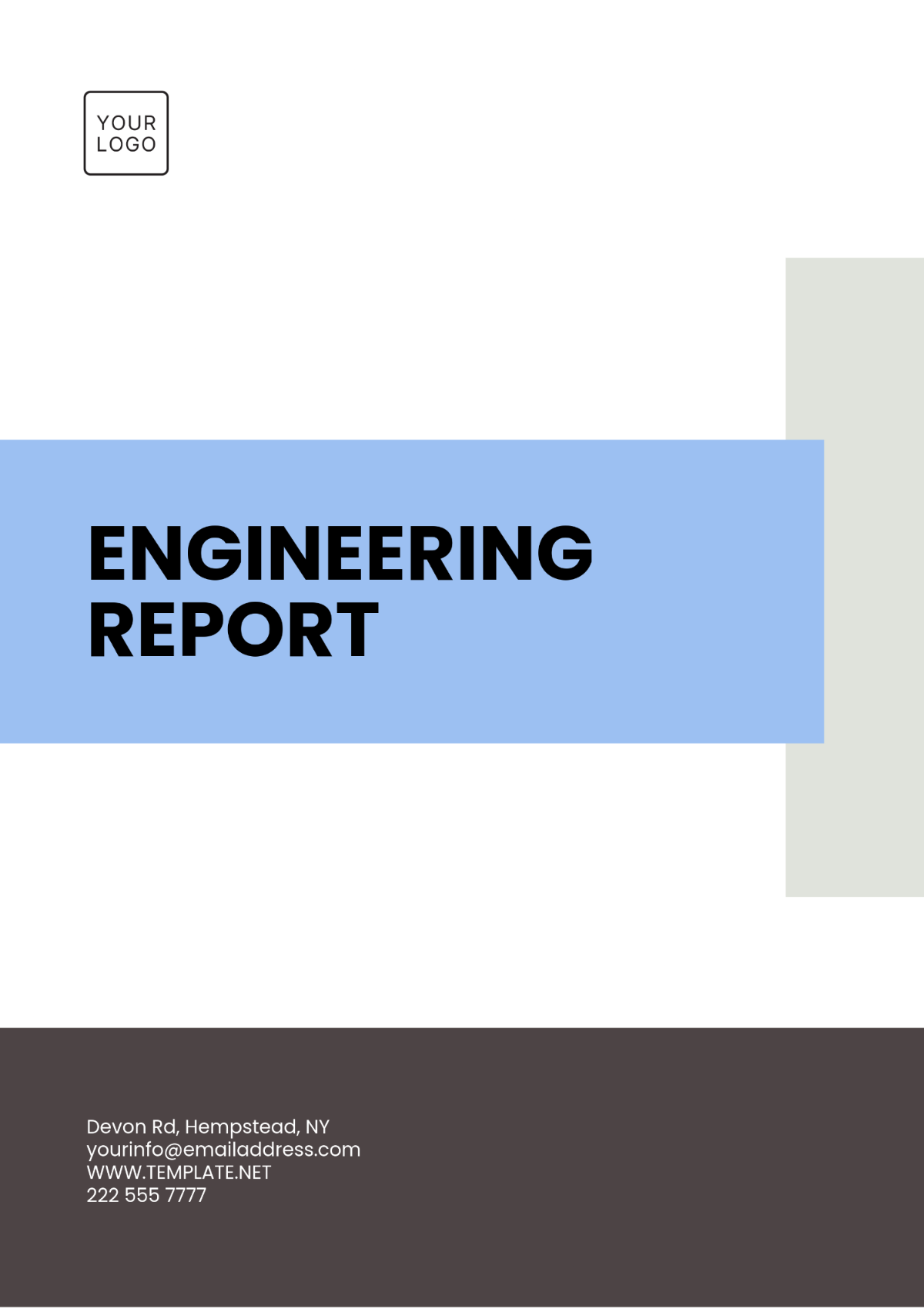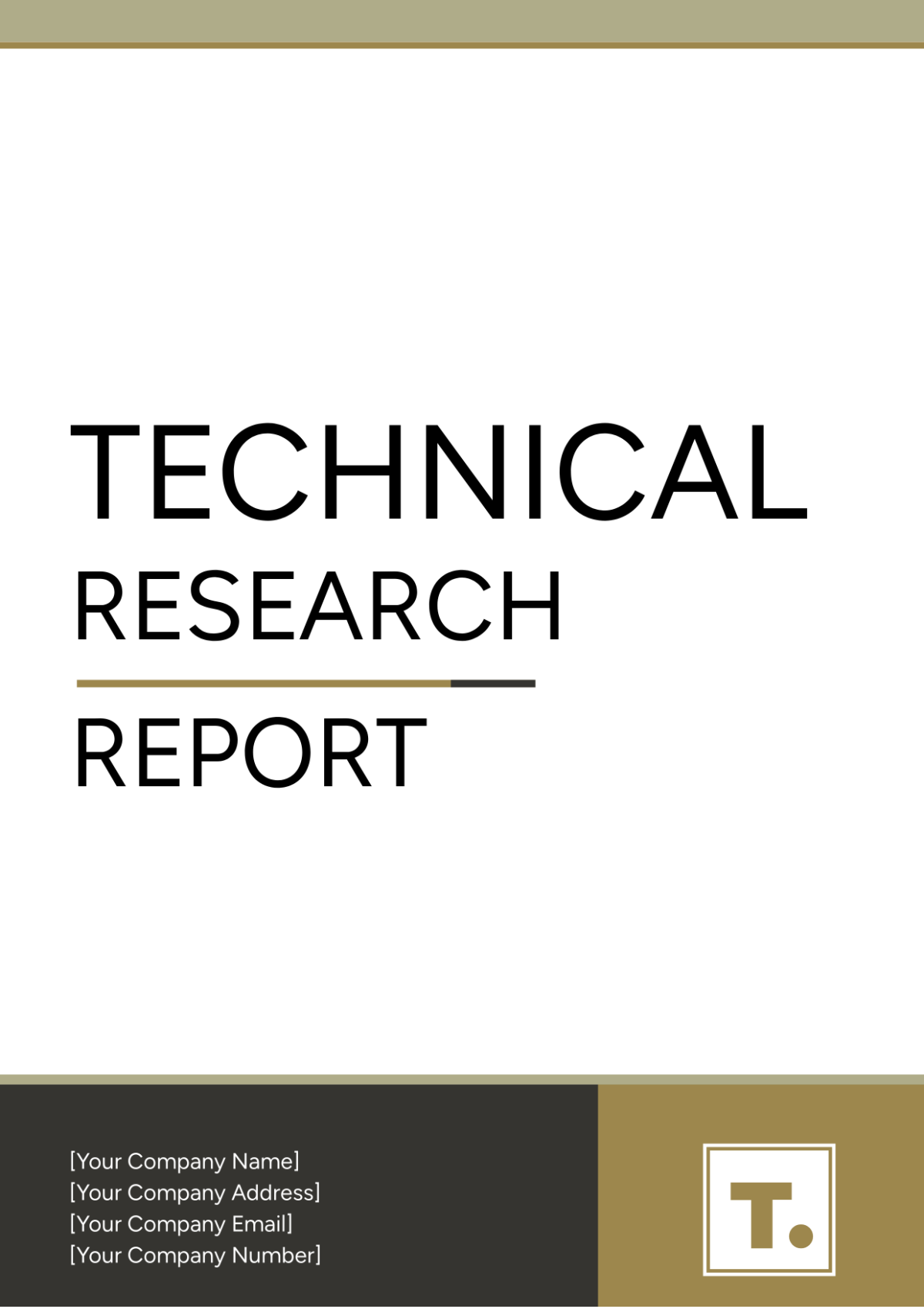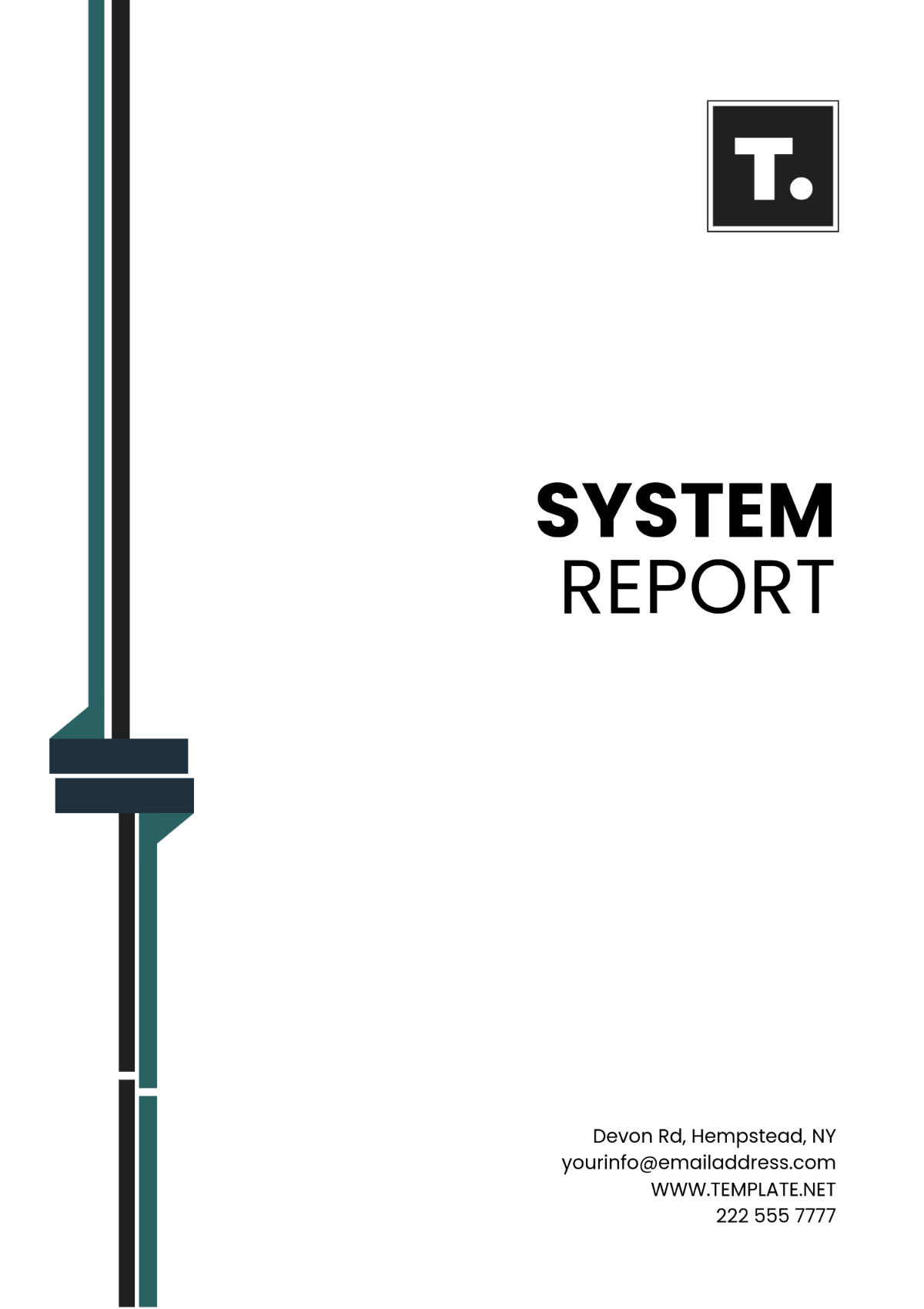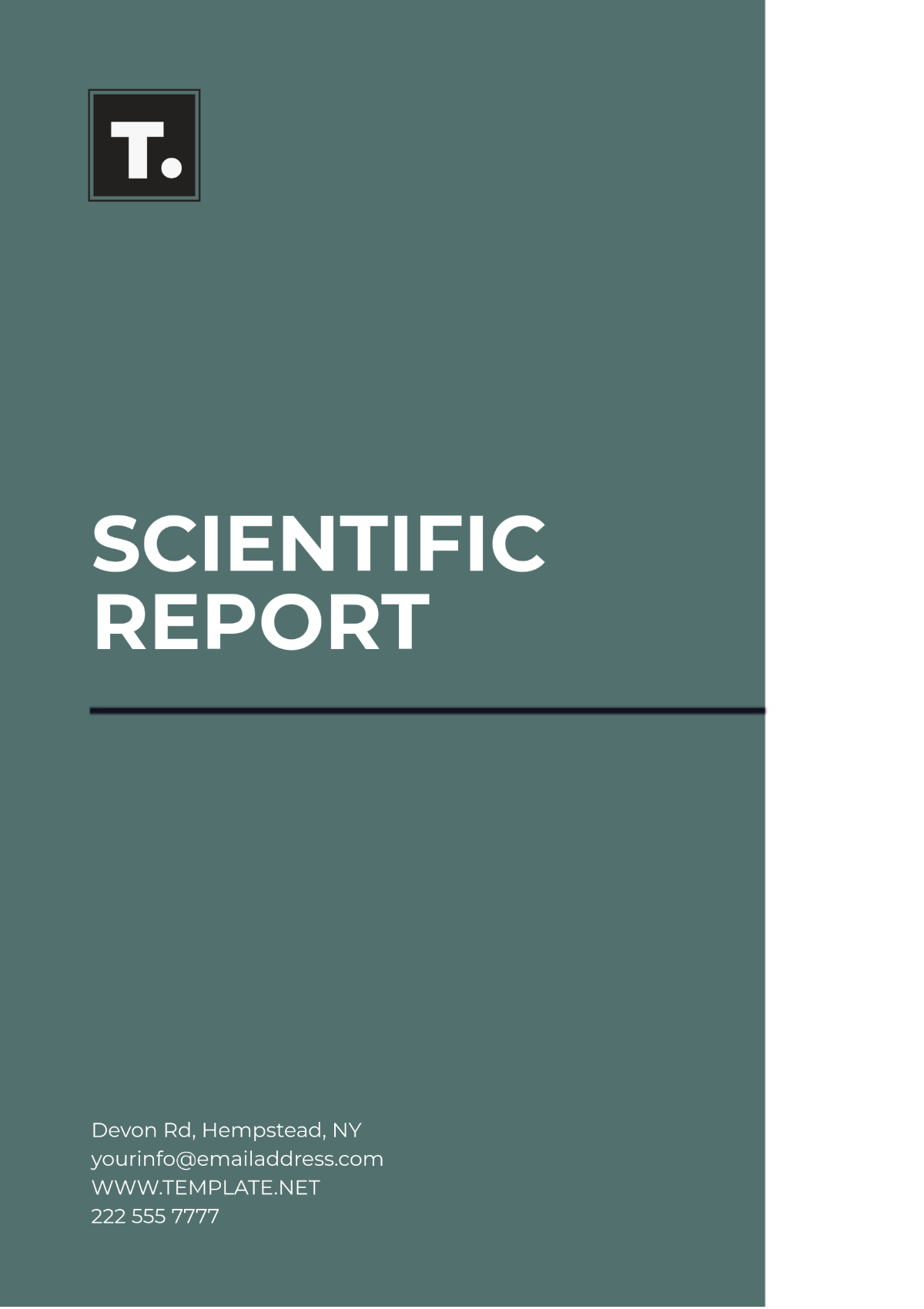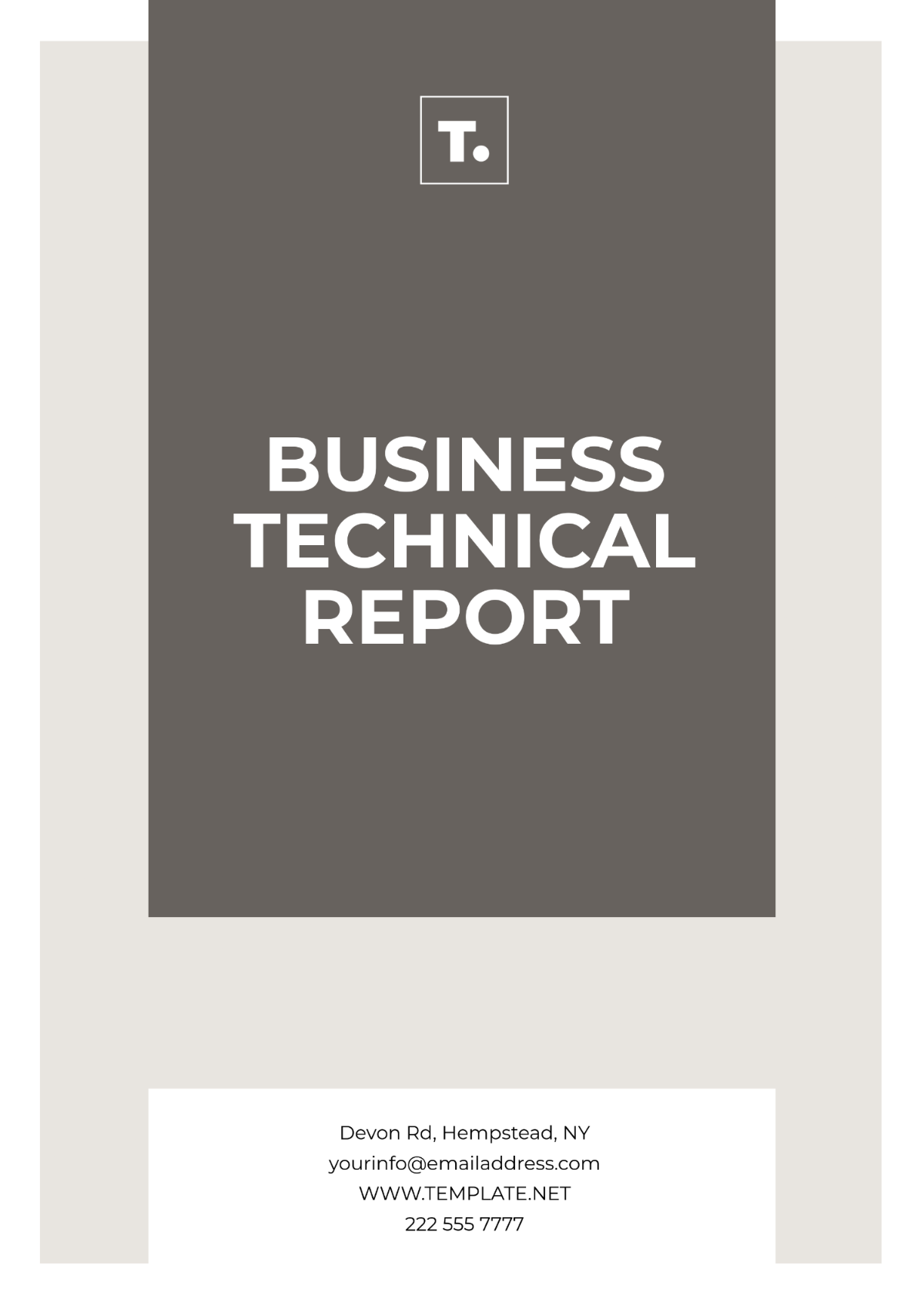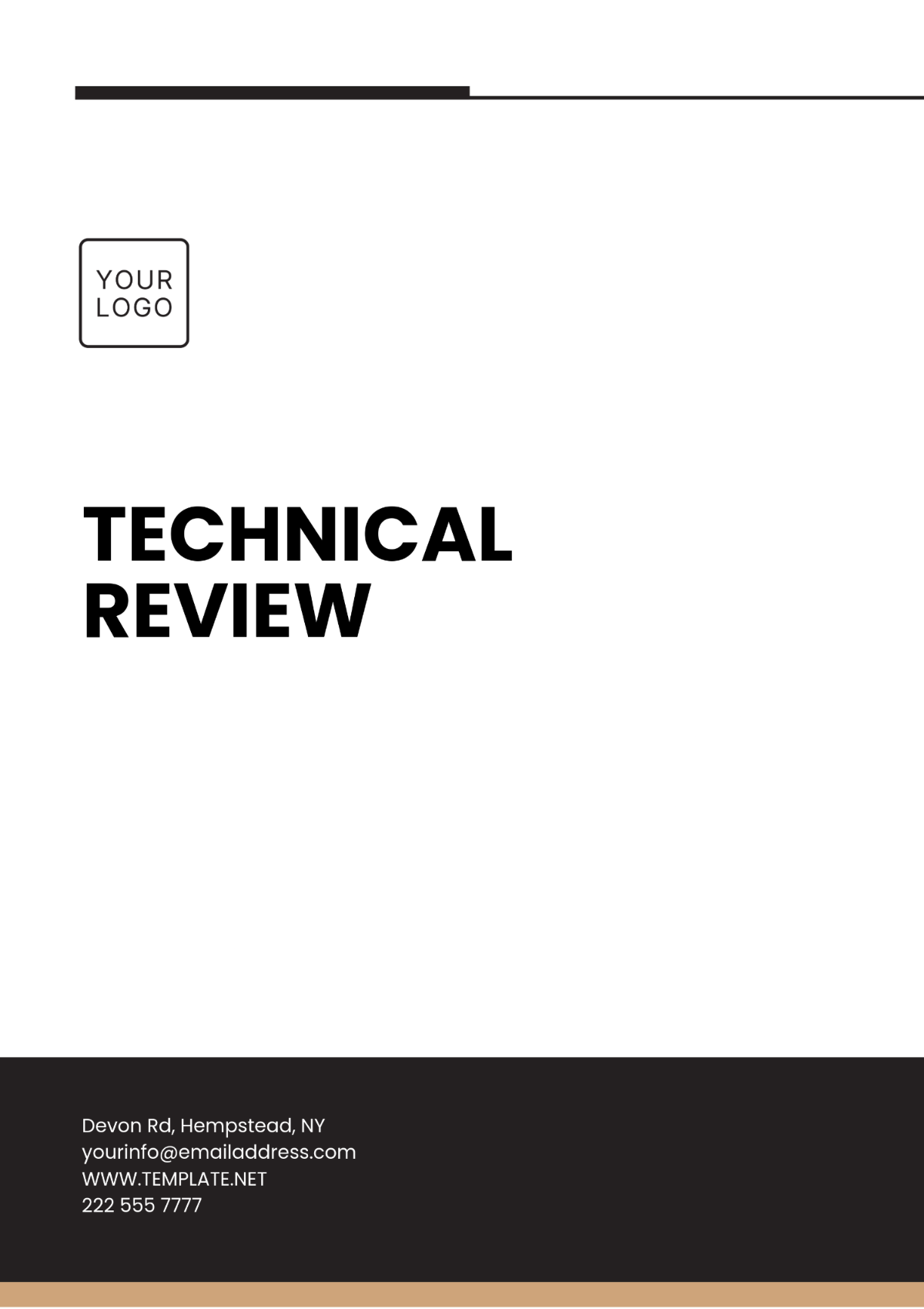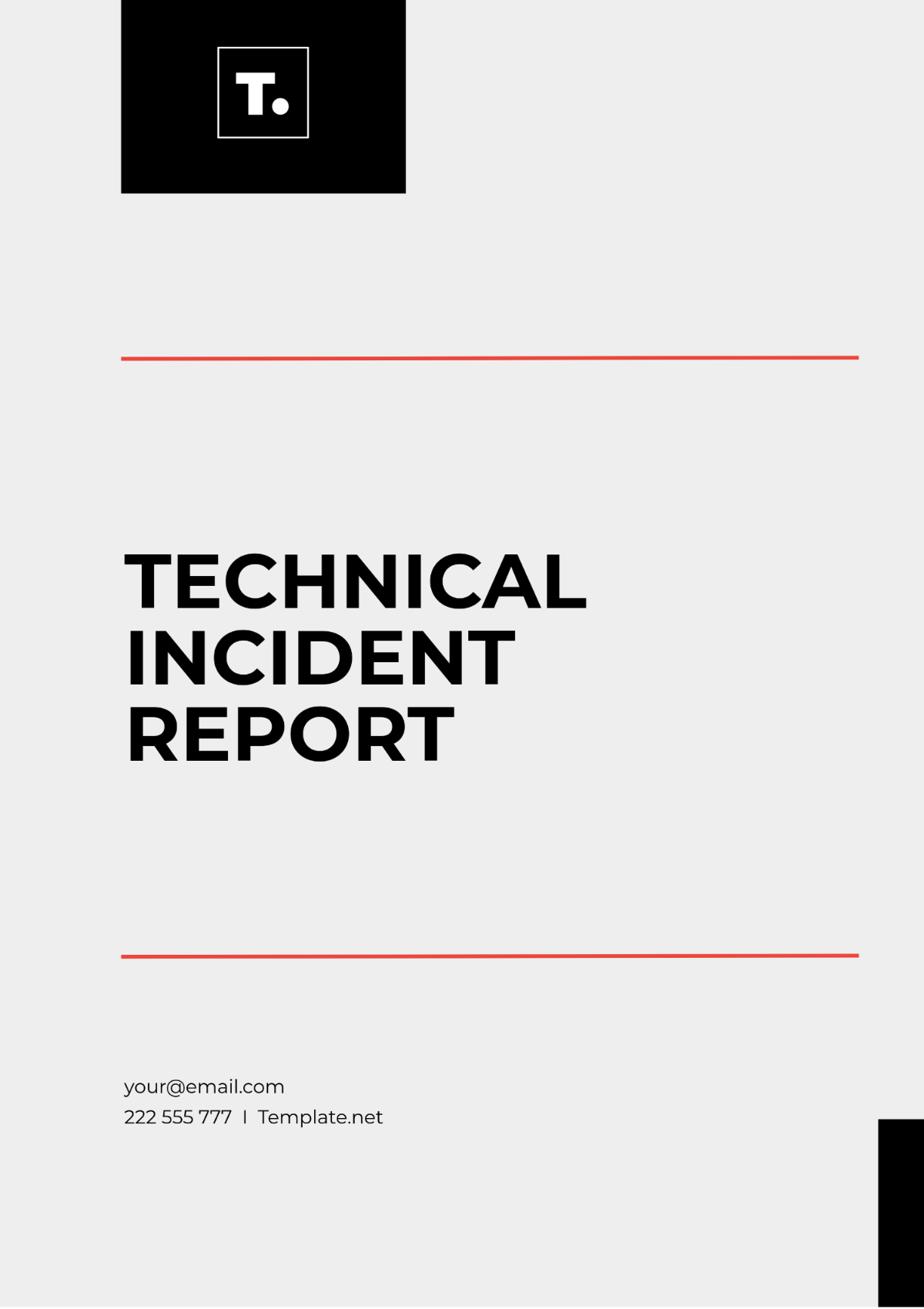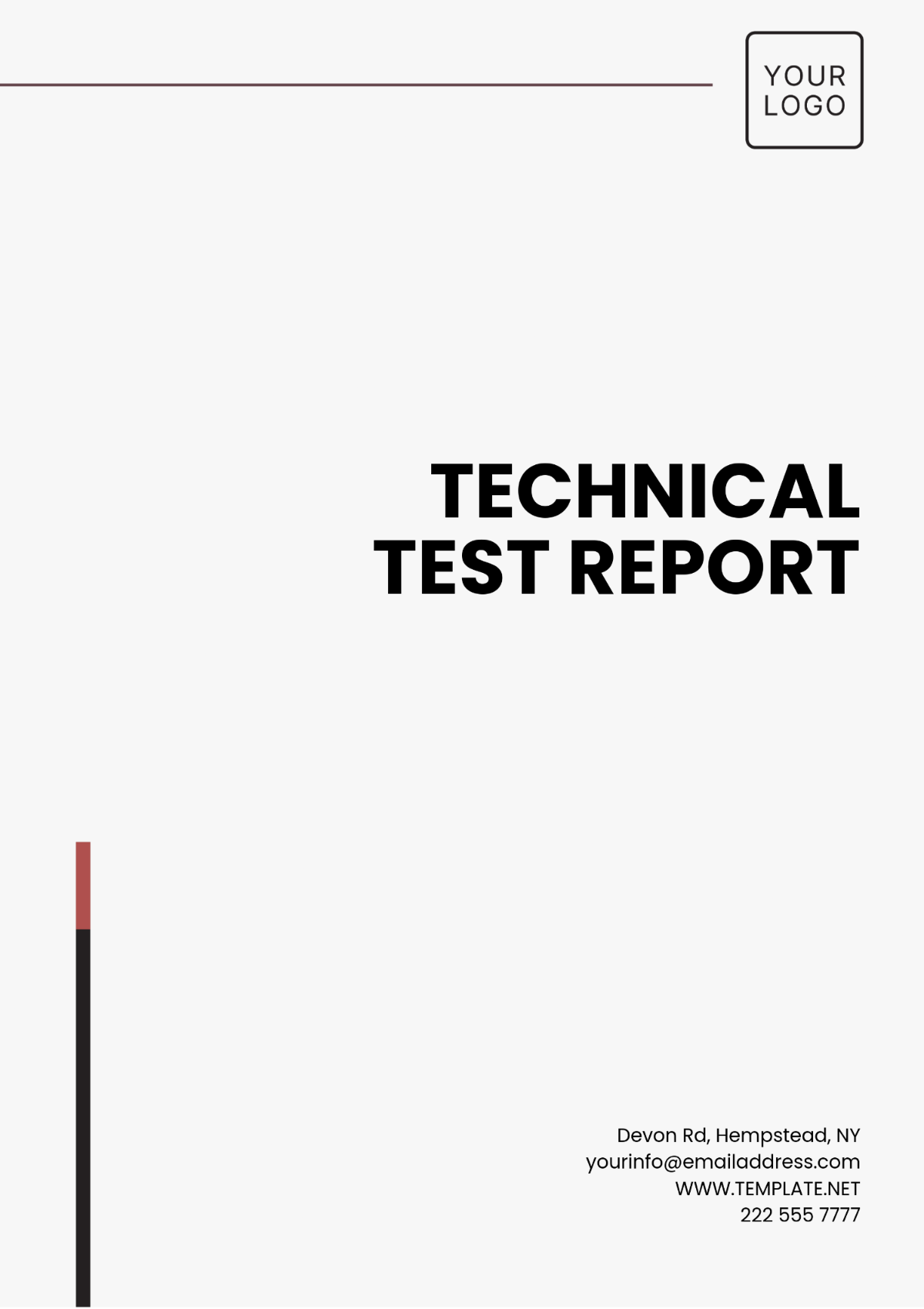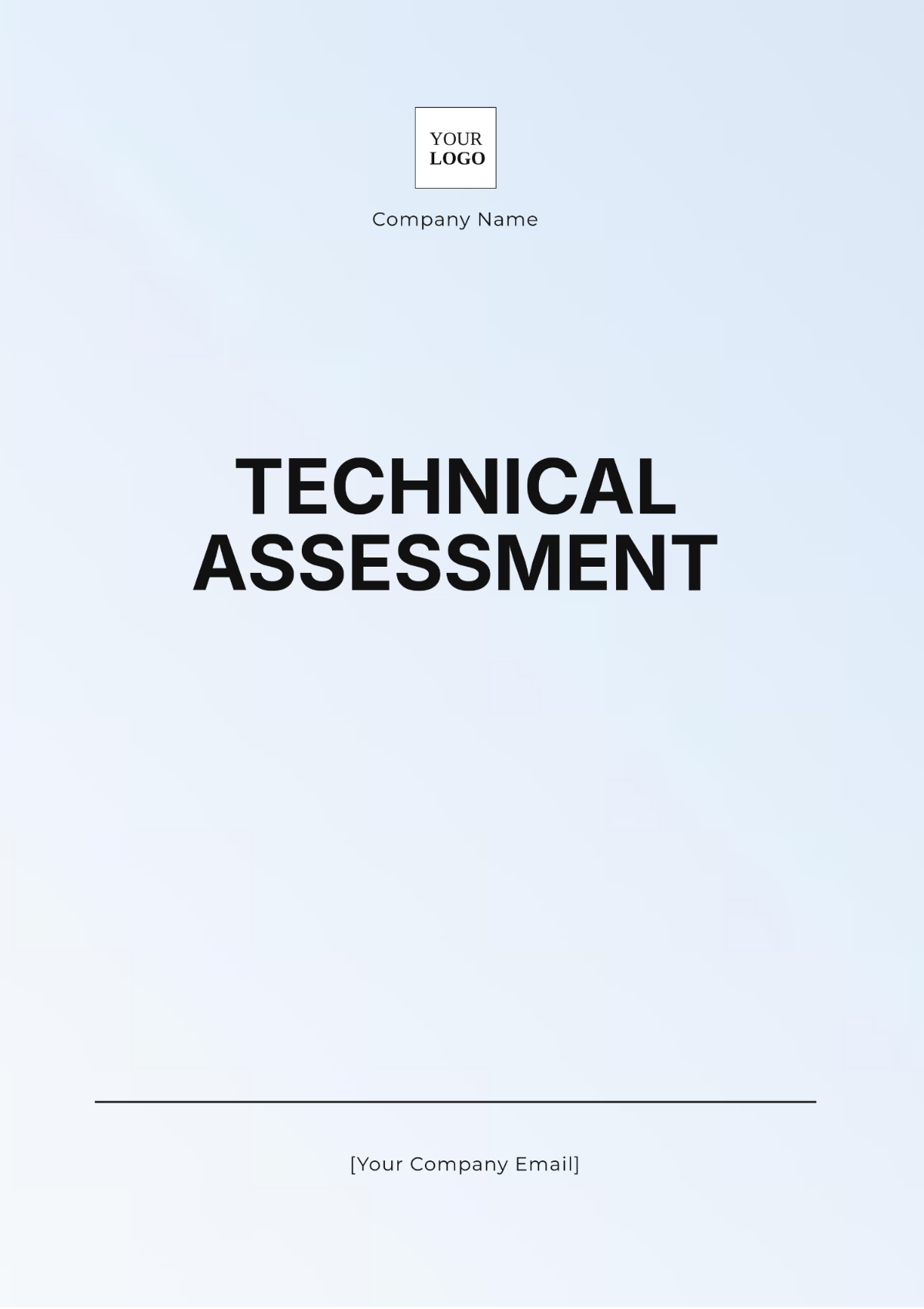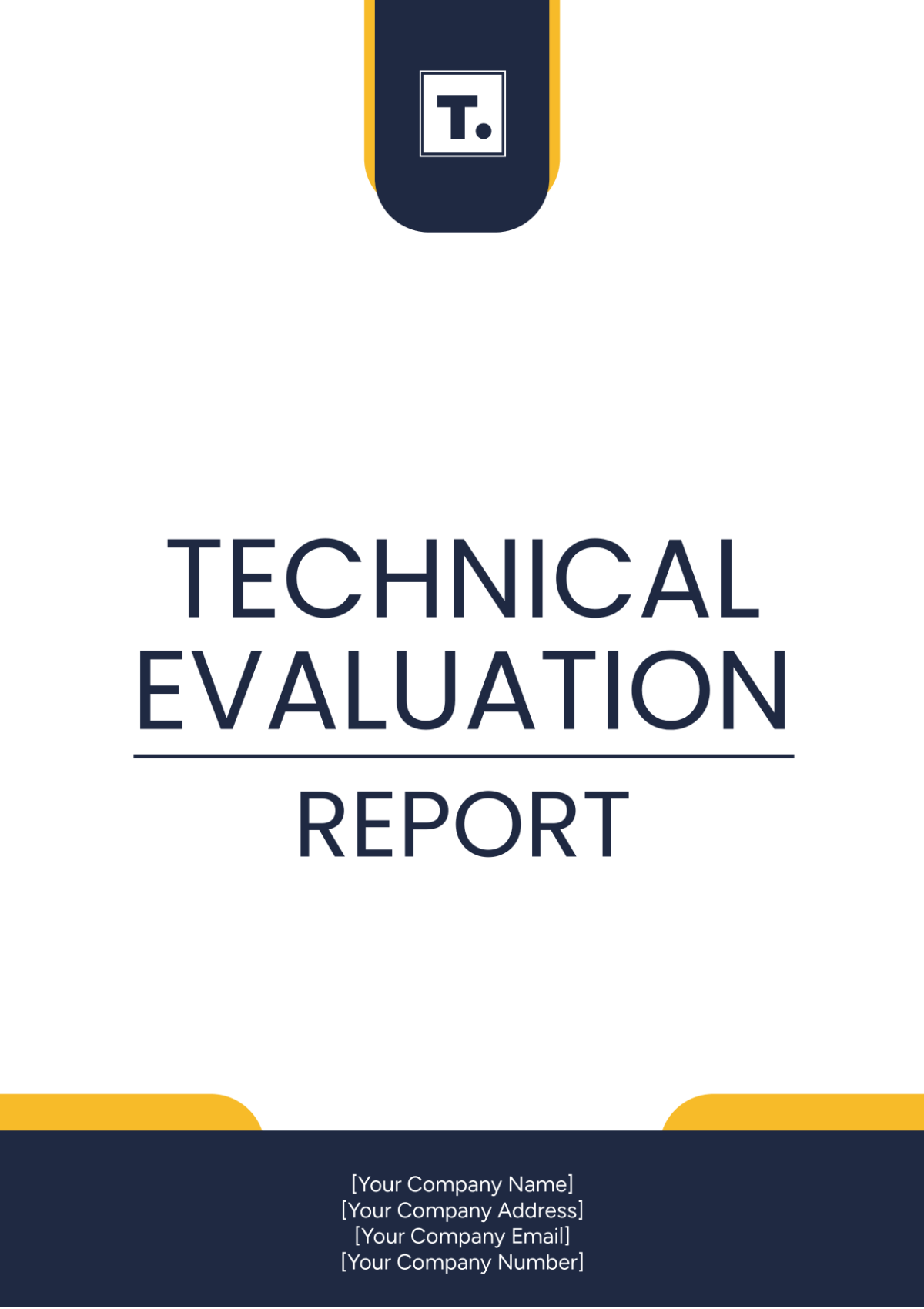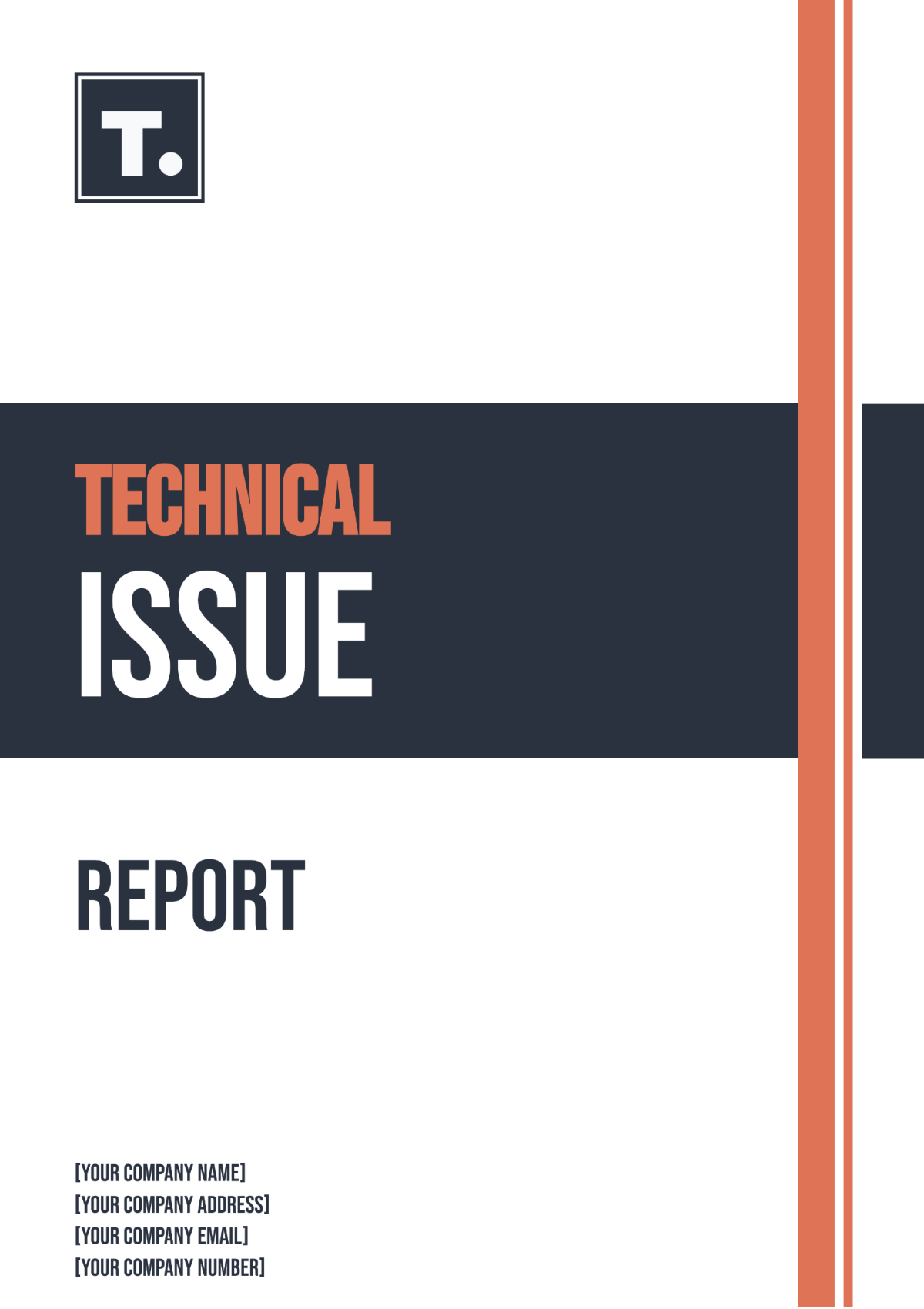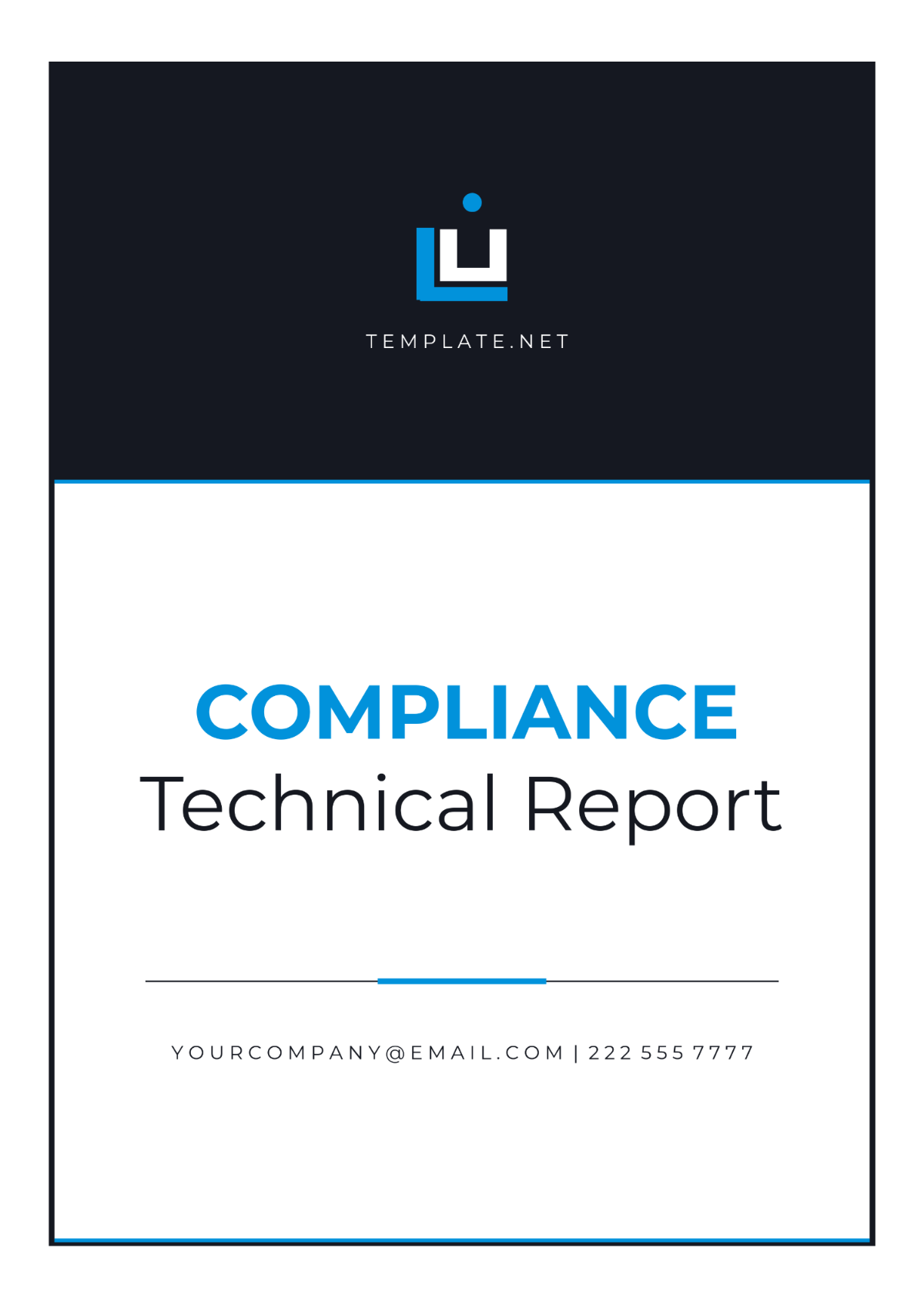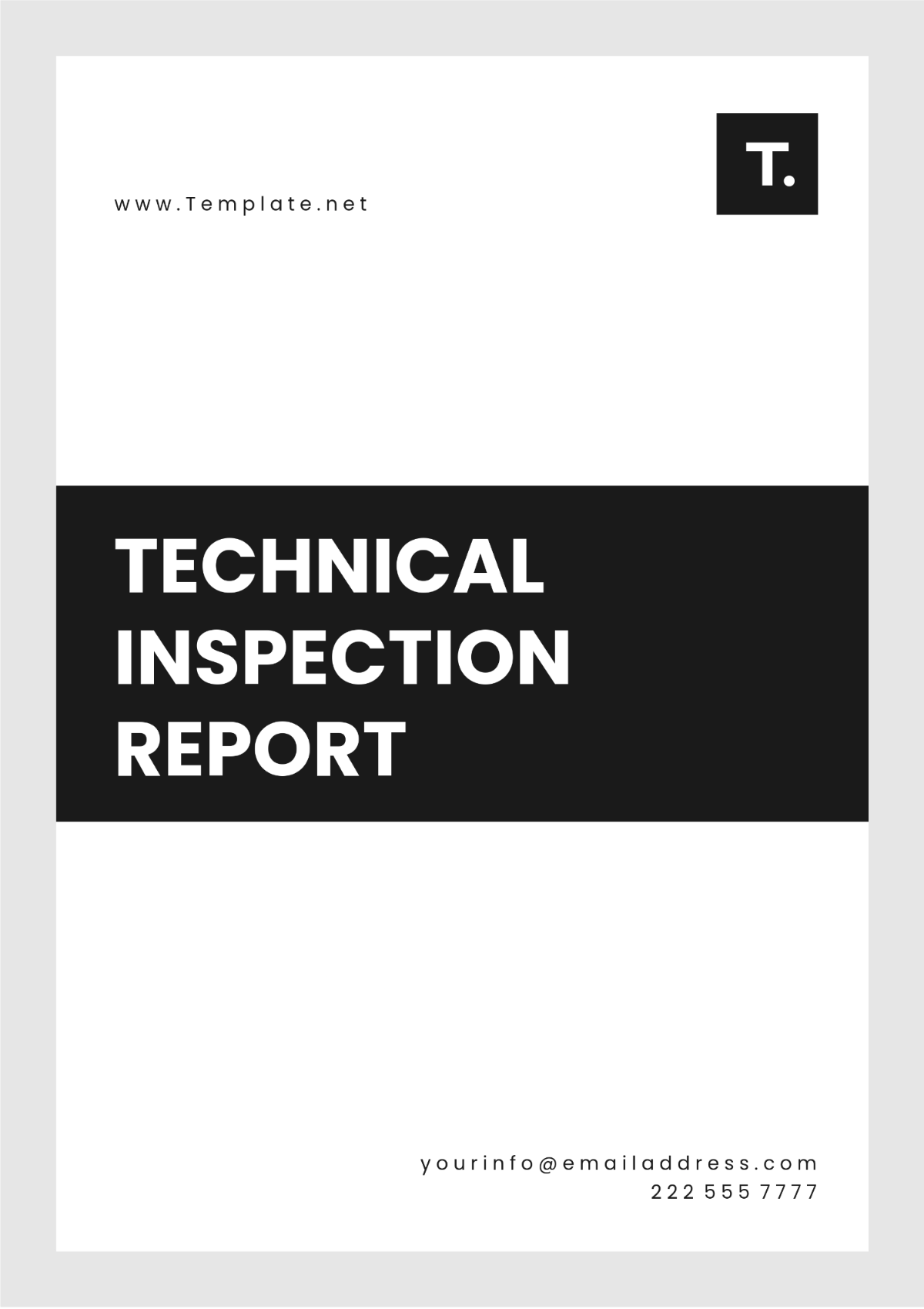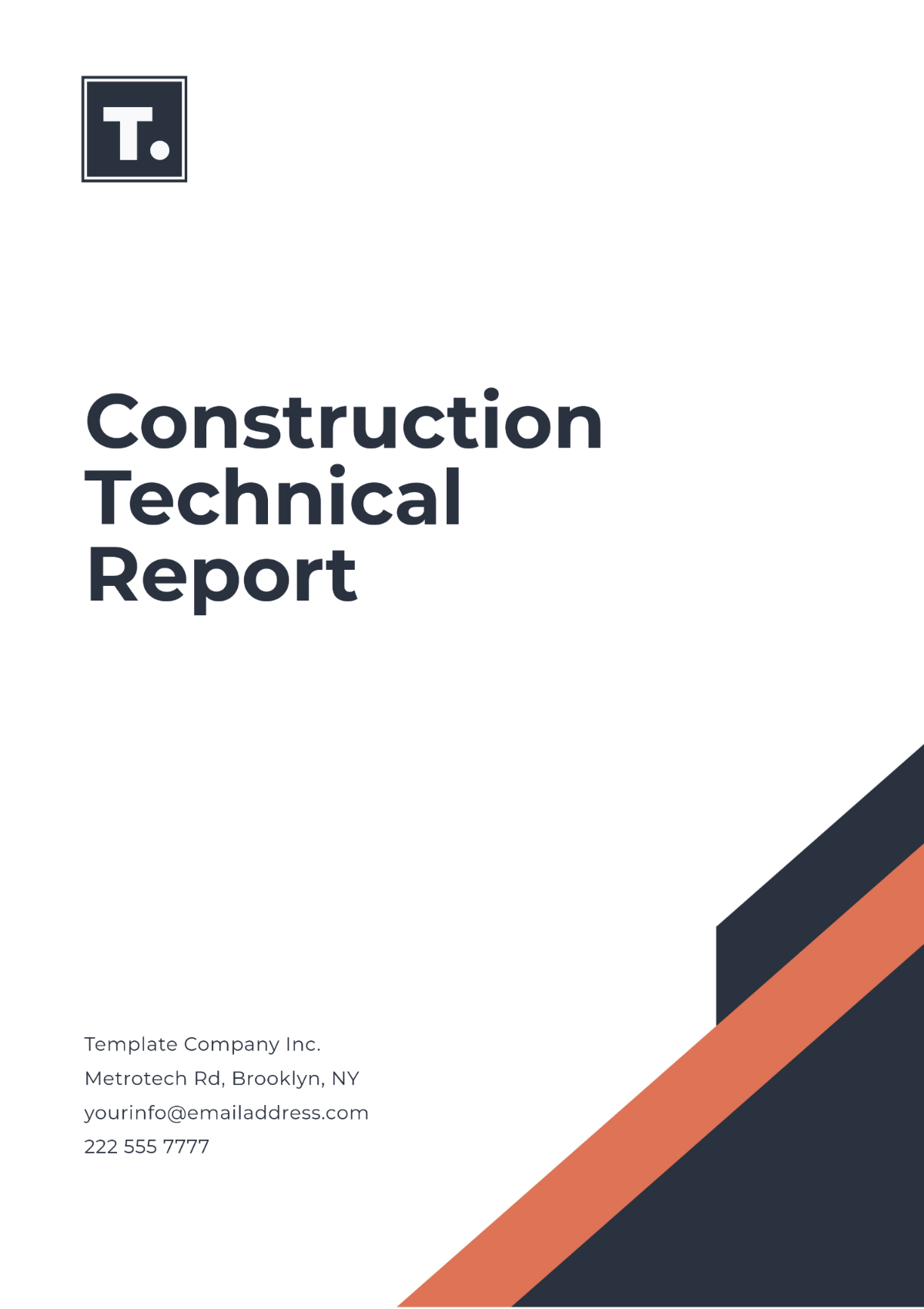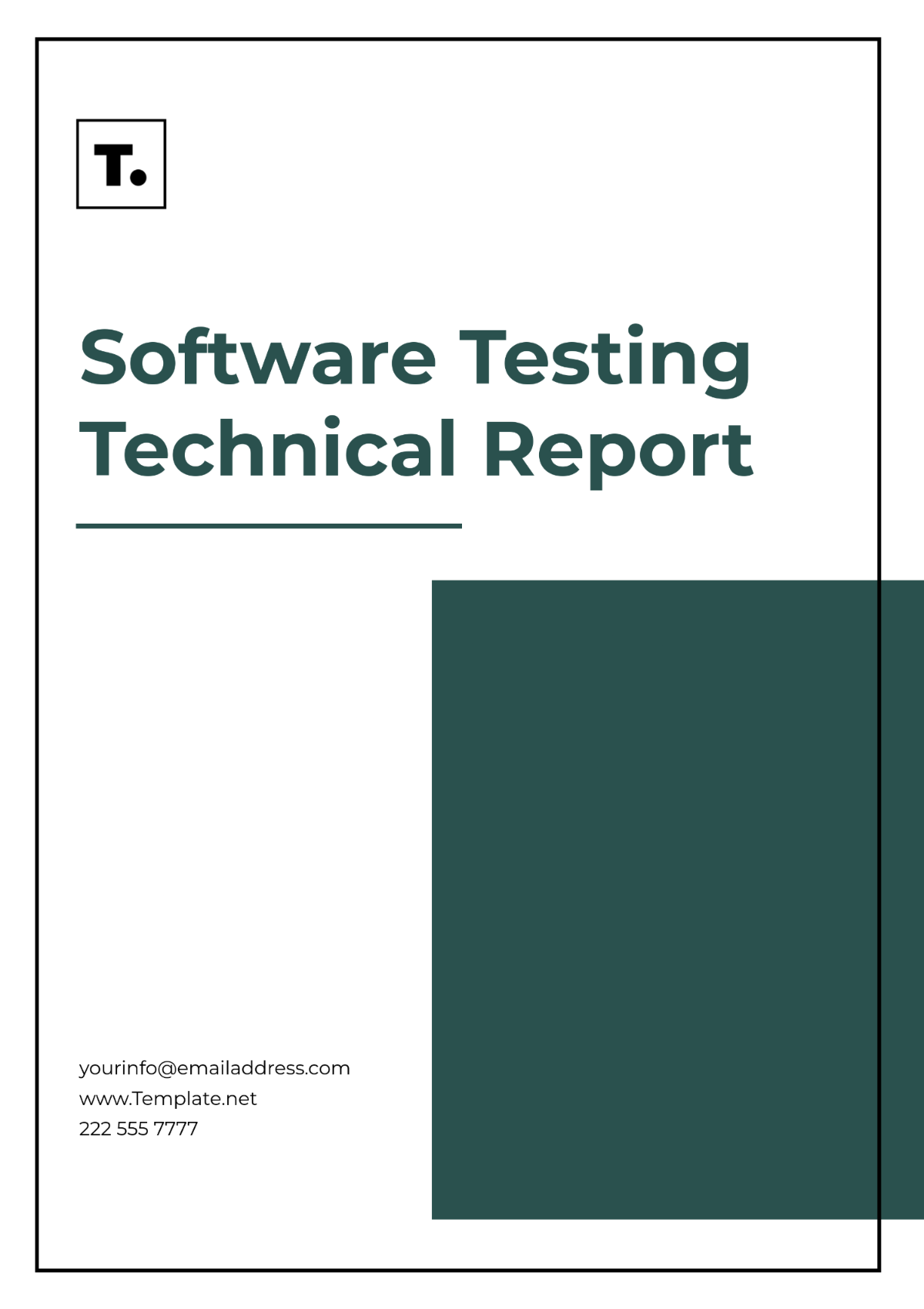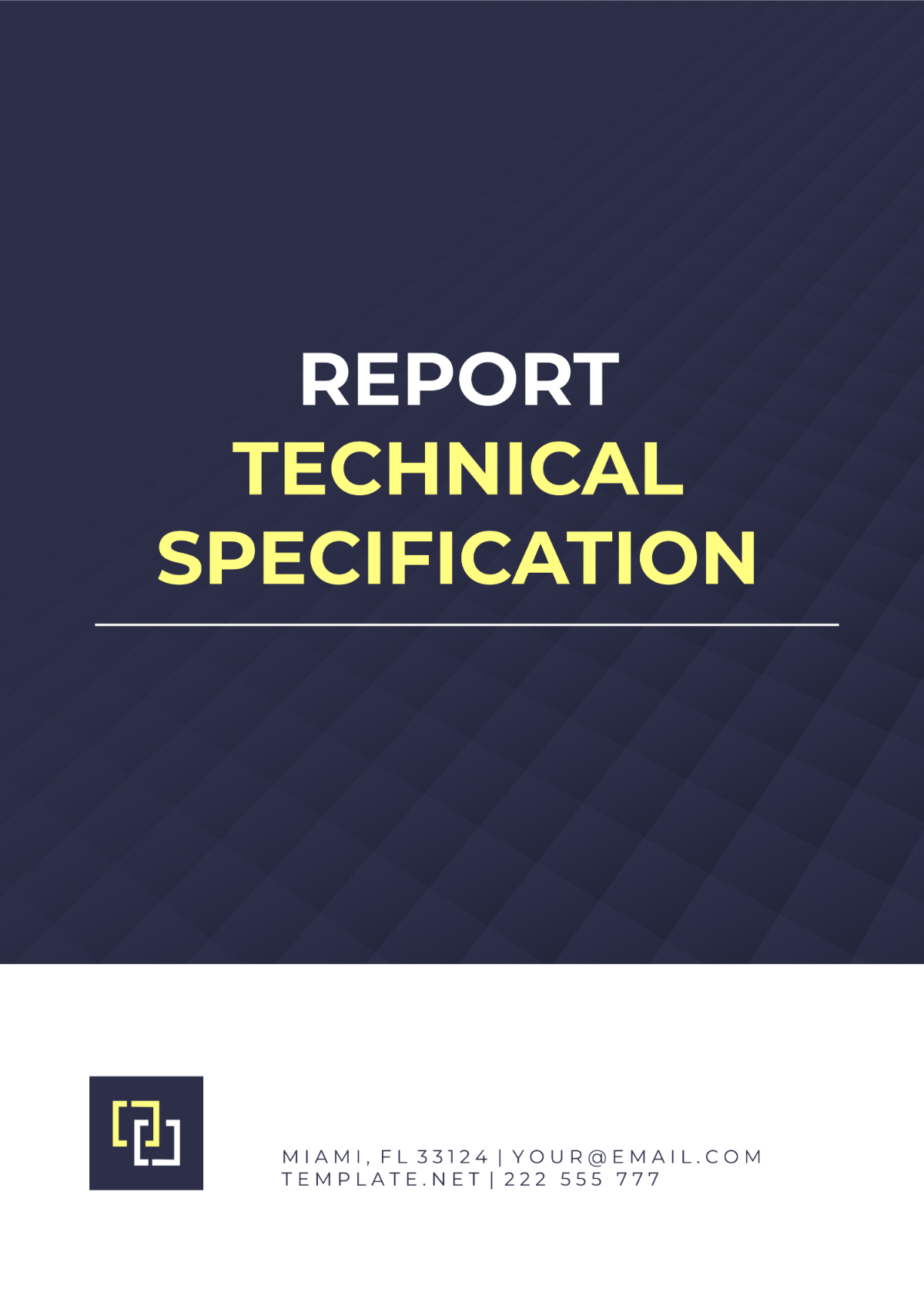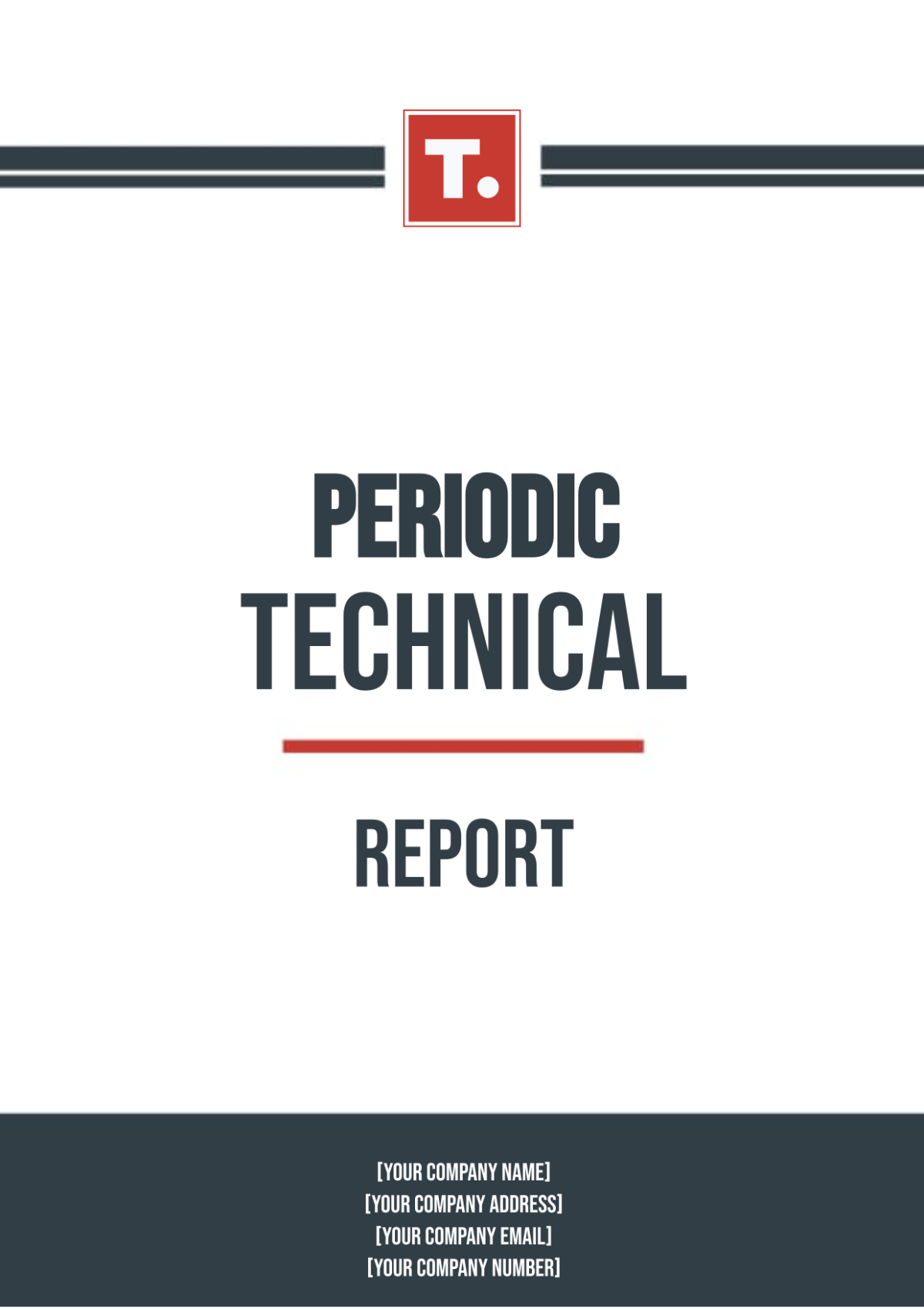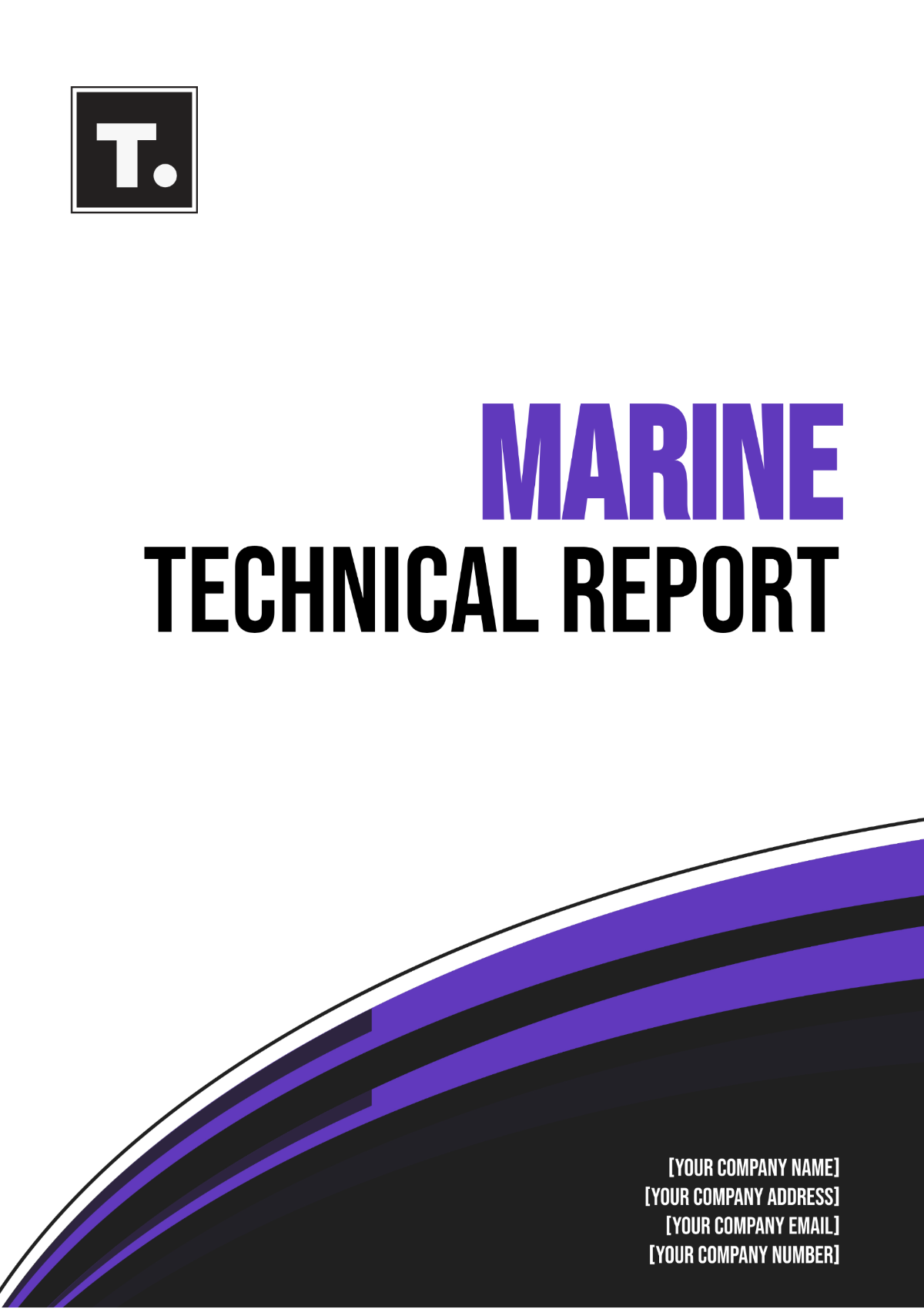Infrastructure Technical Report
Written by: [YOUR NAME]
I. Introduction
This Infrastructure Technical Report evaluates the feasibility, technical requirements, and constraints of the City Redevelopment Project, located in Downtown Seattle. The report aims to provide a comprehensive analysis to support decision-making and project planning.
II. Project Overview
A. Project Description
The City Redevelopment Project aims to revitalize the urban core of Seattle by developing mixed-use commercial and residential spaces. The scope includes constructing high-rise buildings, upgrading road networks, and enhancing public amenities to attract investment and improve urban livability.
B. Project Timeline
The proposed timeline for the City Redevelopment Project spans from January 2050 to December 2055, with key milestones including land acquisition, environmental assessments, construction phases, and project completion.
III. Technical Assessment
A. Feasibility Analysis
The feasibility study for the City Redevelopment Project indicates viability based on economic growth projections, environmental impact assessments, and technical feasibility studies. Key findings include strong market demand for urban housing and commercial spaces, favorable economic indicators, and manageable environmental impacts.
B. Technical Requirements
The technical specifications required for the City Redevelopment Project include:
Infrastructure Component | Technical Specifications |
|---|---|
Buildings | High-rise structures compliant with seismic codes and green building standards. |
Roads and Utilities | Upgraded road networks, efficient utility installations, and smart city technologies. |
Telecommunications | Advanced communication infrastructure supporting high-speed internet. |
C. Infrastructure Components
Detailed assessment of infrastructure components:
Component | Description |
|---|---|
Buildings | Structural analysis and design considerations for residential and commercial buildings. |
Roads and Utilities | Evaluation of transportation networks, utility connections, and sustainability measures. |
Telecommunications | Assessment of telecommunications infrastructure to ensure seamless connectivity. |
IV. Environmental Impact Assessment
A. Environmental Considerations
Evaluation of environmental impacts related to the City Redevelopment Project, including:
Environmental Factor | Mitigation Strategies |
|---|---|
Ecological Impact | Preservation of green spaces and implementation of habitat restoration plans. |
Air and Water Quality | Emission reduction strategies and stormwater management systems. |
Mitigation Strategies | Recommendations for green building certifications and sustainable urban planning practices. |
V. Financial Analysis
A. Cost Estimation
Projected costs for the City Redevelopment Project include:
Cost Category | Amount (USD) |
|---|---|
Initial Investment | $2.5 billion |
Operational Costs | $15 million annually |
B. Funding Sources
Identification of potential funding sources such as:
Funding Source | Description |
|---|---|
Government Grants | Federal and state grants for urban redevelopment and infrastructure projects. |
Private Investments | Equity investments from real estate developers and institutional investors. |
Loans and Financing Options | Bank loans and financial instruments to fund construction and development. |
VI. Risk Management
A. Risk Assessment
Identification of potential risks associated with the City Redevelopment Project, including:
Risk Category | Description |
|---|---|
Technical Risks | Complexity in integrating new technologies and systems. |
Regulatory Risks | Compliance with local zoning laws, environmental regulations, and permits. |
Market Risks | Economic downturns affecting real estate demand and investor confidence. |
B. Risk Mitigation Strategies
Strategies to mitigate identified risks include:
Mitigation Strategy | Implementation Details |
|---|---|
Contingency Plans | Emergency protocols and backup systems for critical infrastructure. |
Insurance Coverage | Comprehensive coverage for construction delays and liability risks. |
VII. Recommendations and Conclusion
A. Recommendations
Proposed recommendations to optimize the City Redevelopment Project include:
Optimization Strategies: Enhancing project management practices to streamline construction timelines and reduce costs.
Stakeholder Engagement: Regular community consultations and public hearings to address concerns and ensure transparency.
B. Conclusion
In conclusion, this Infrastructure Technical Report provides a detailed assessment of the feasibility, technical requirements, environmental impacts, financial considerations, risk management, and recommendations for the City Redevelopment Project. [YOUR COMPANY NAME] aims to provide valuable insights and support for informed decision-making and successful project implementation.
For further inquiries or detailed discussions regarding this report, please contact:
[YOUR NAME]
[YOUR EMAIL]
[YOUR COMPANY NAME]
[YOUR COMPANY NUMBER]
[YOUR COMPANY ADDRESS]
[YOUR COMPANY WEBSITE]
